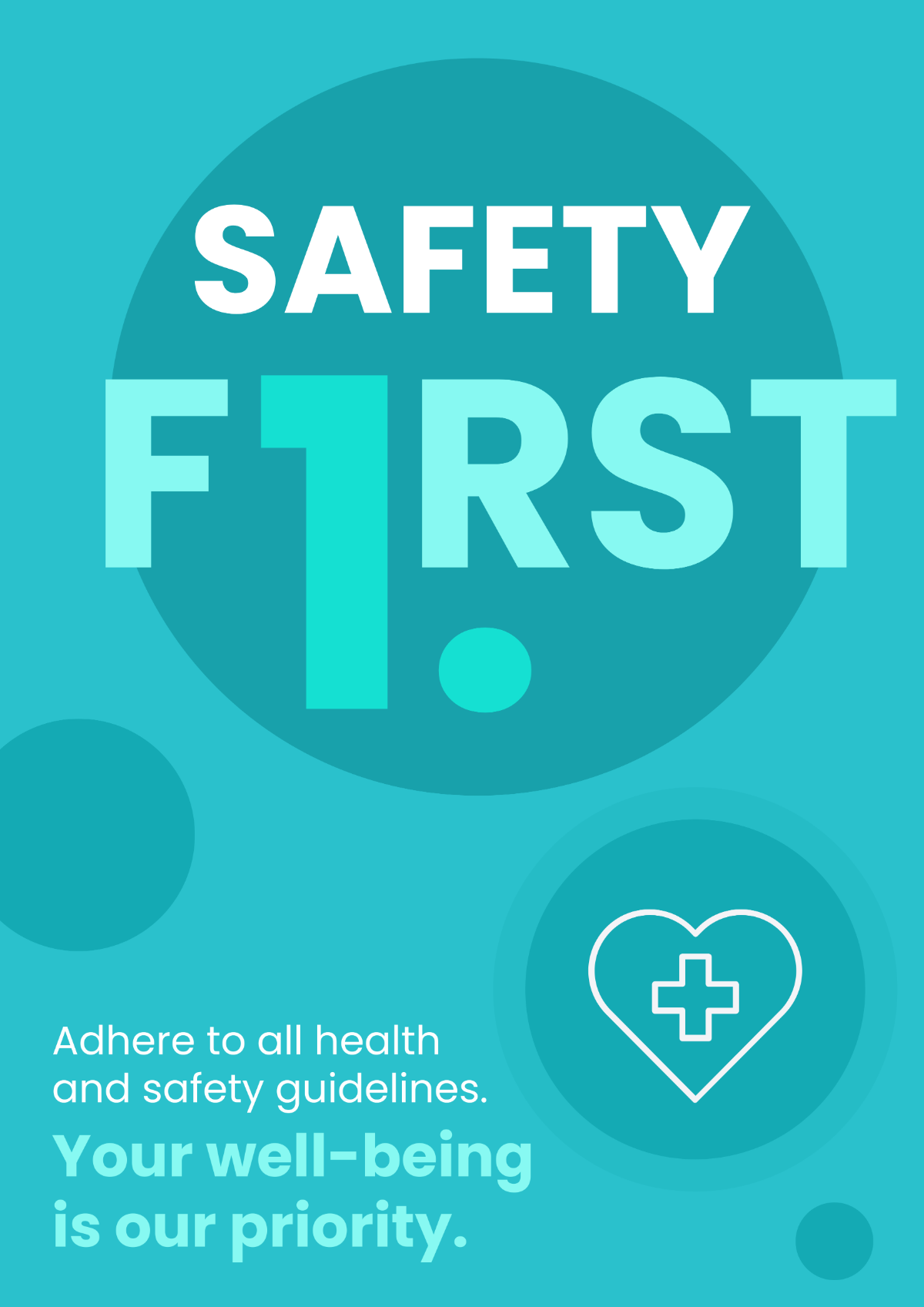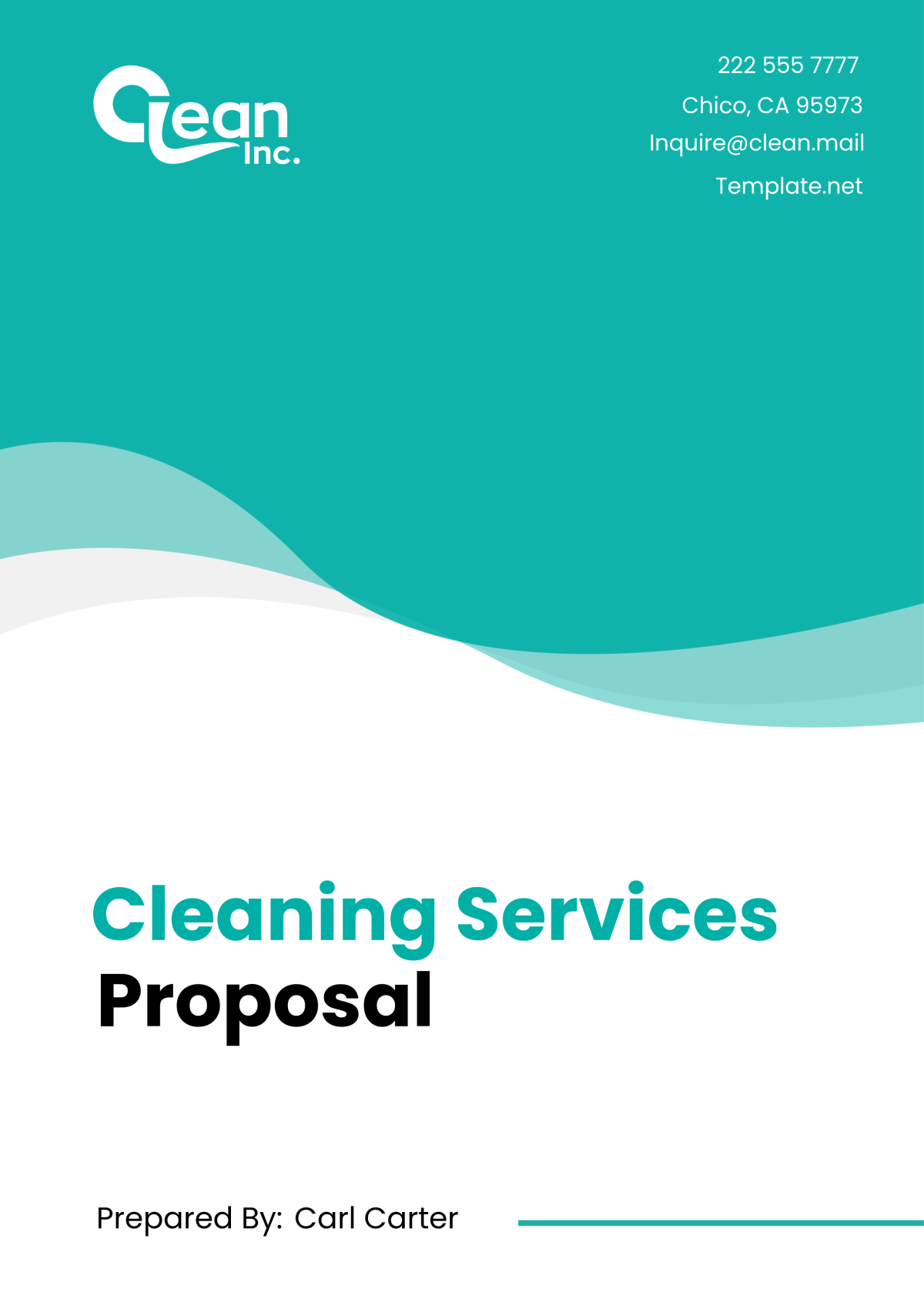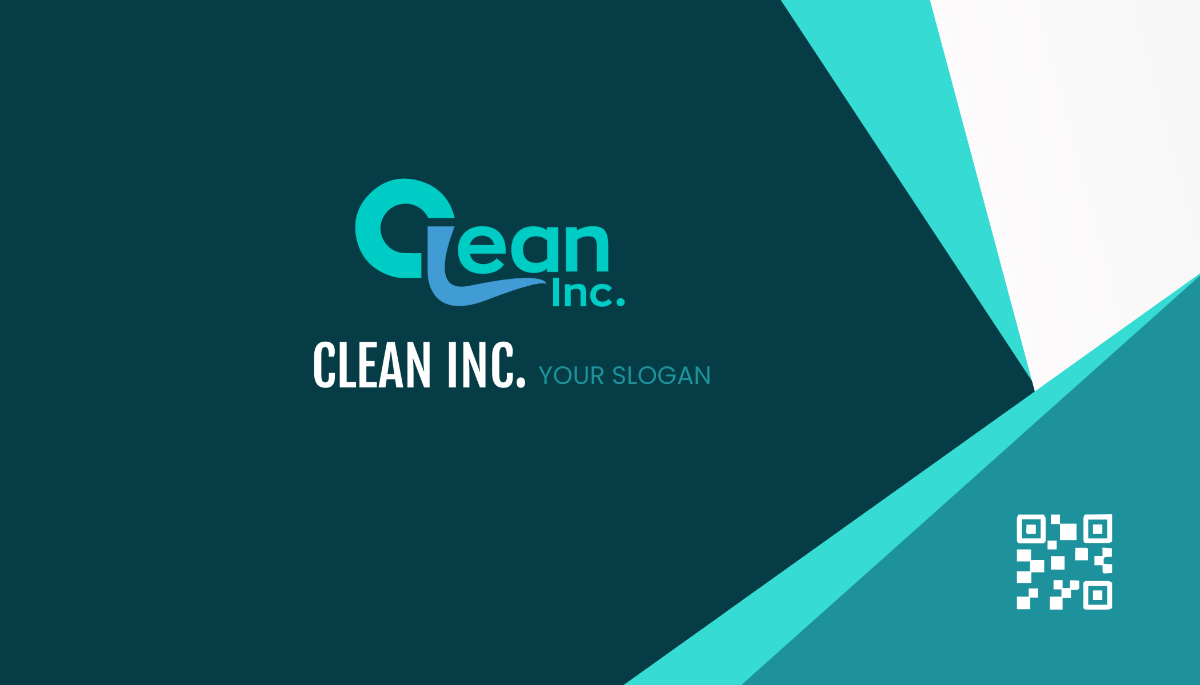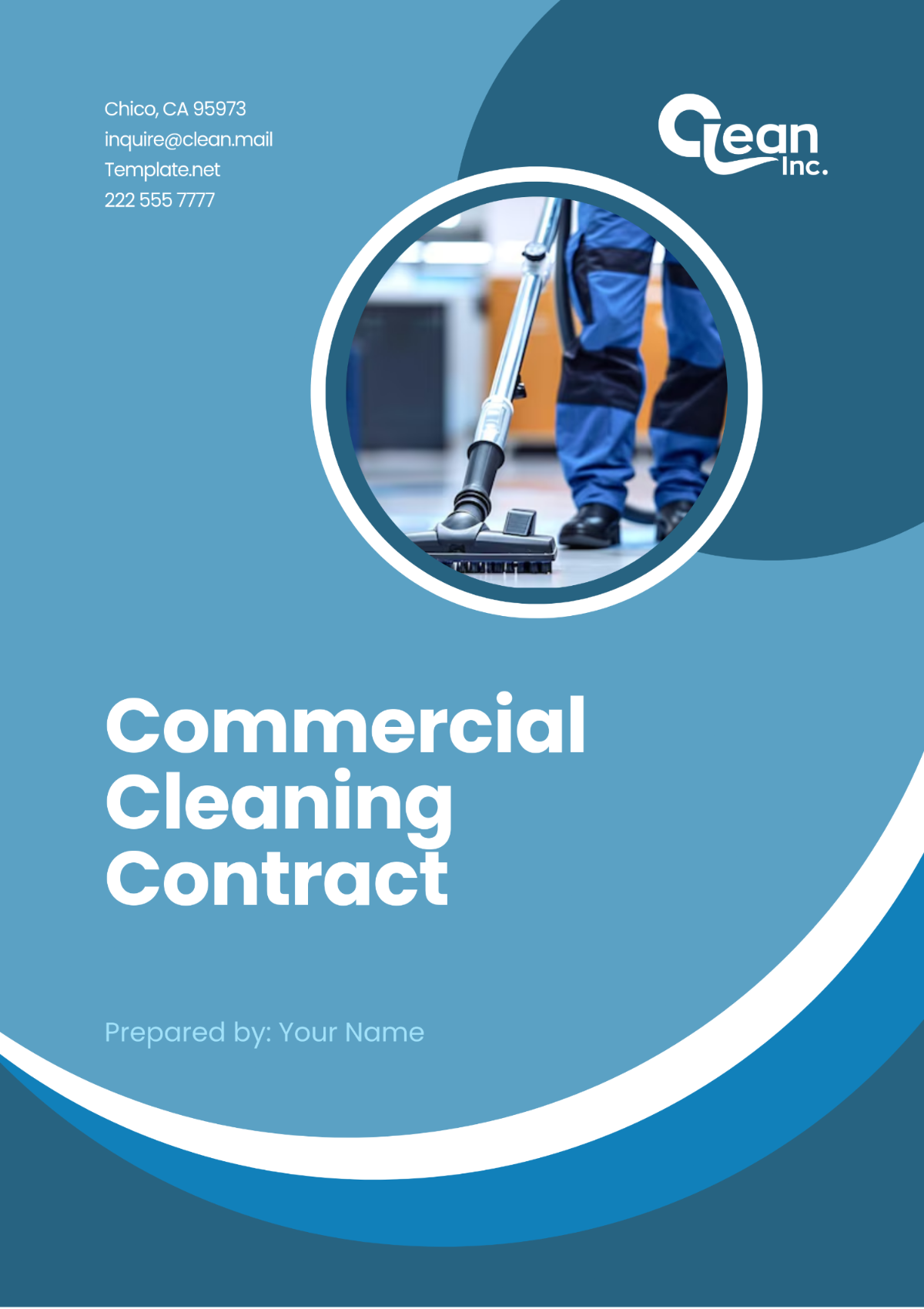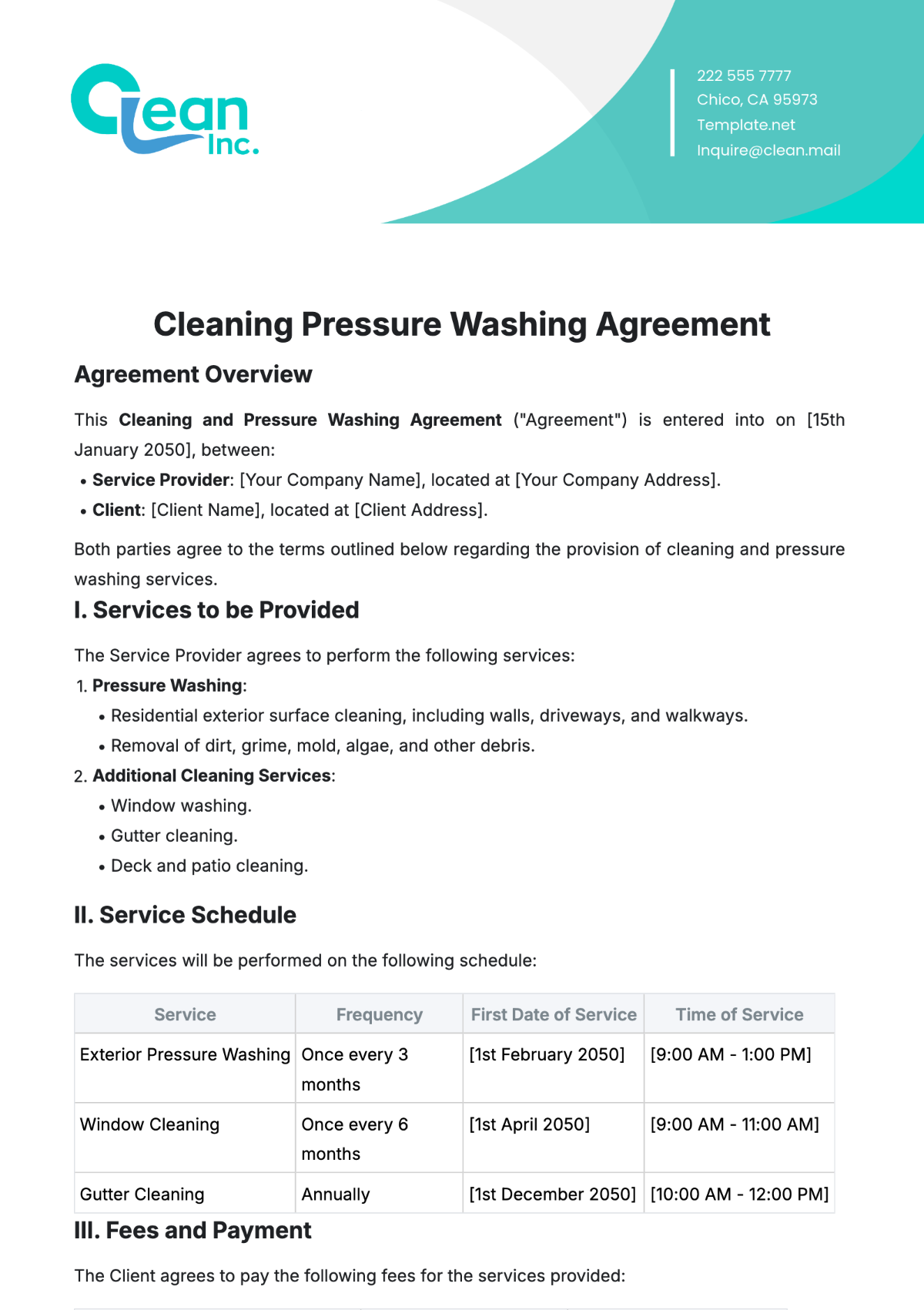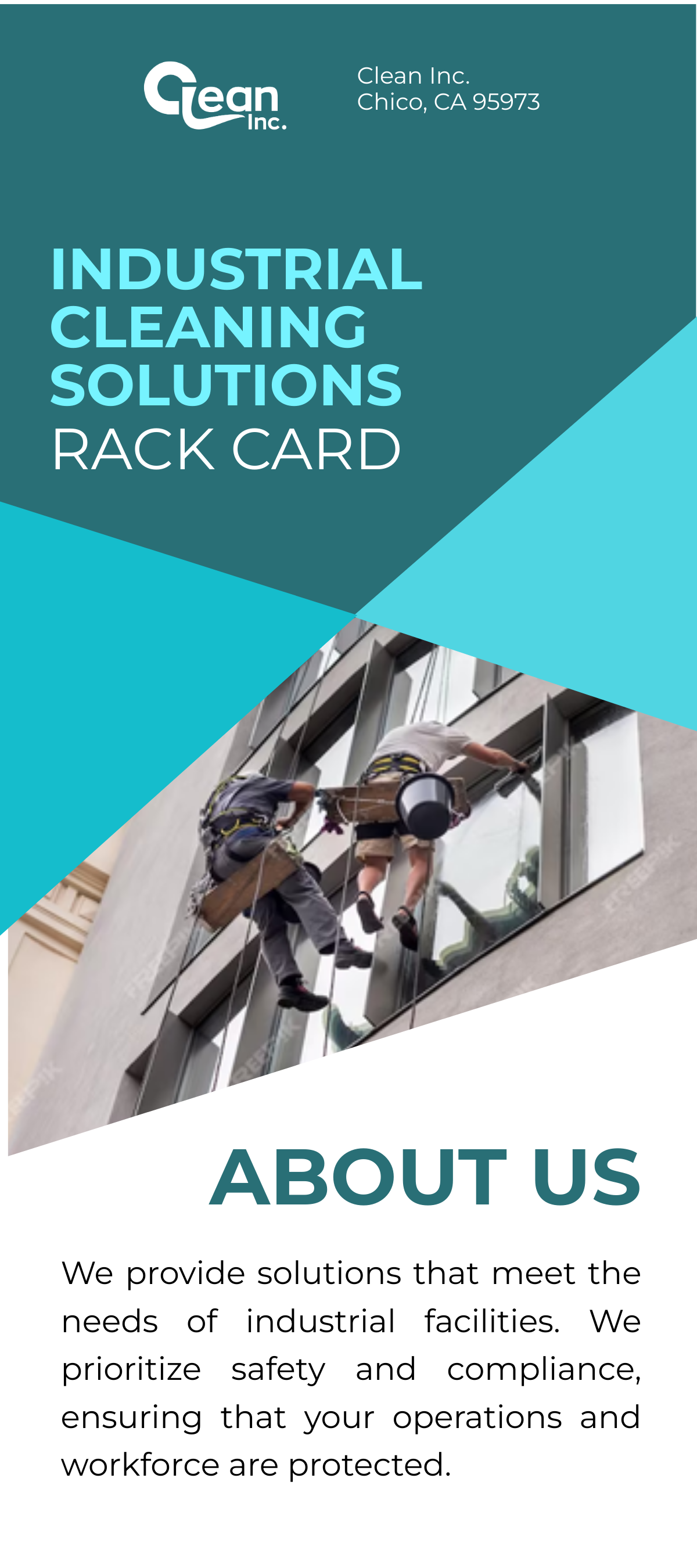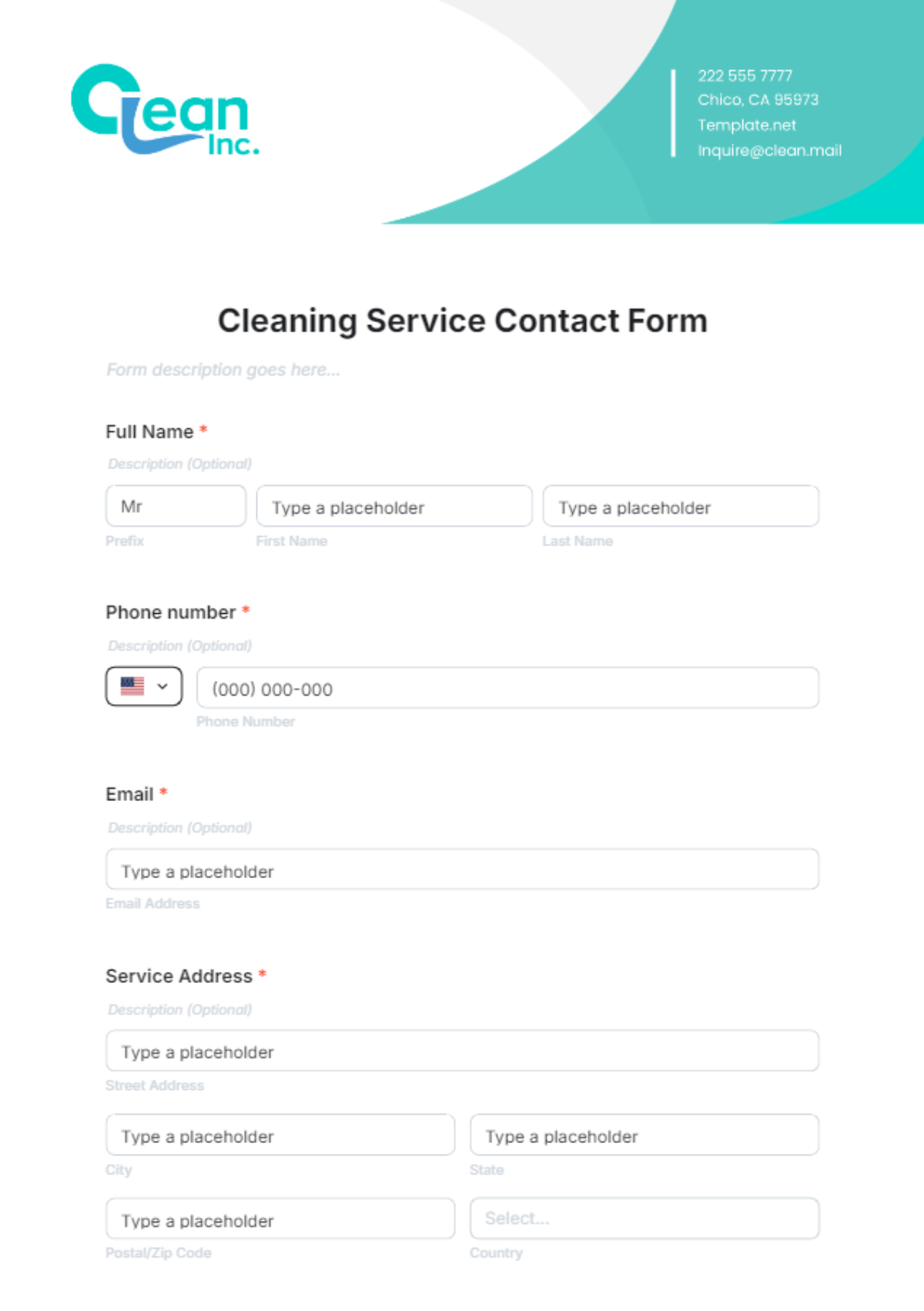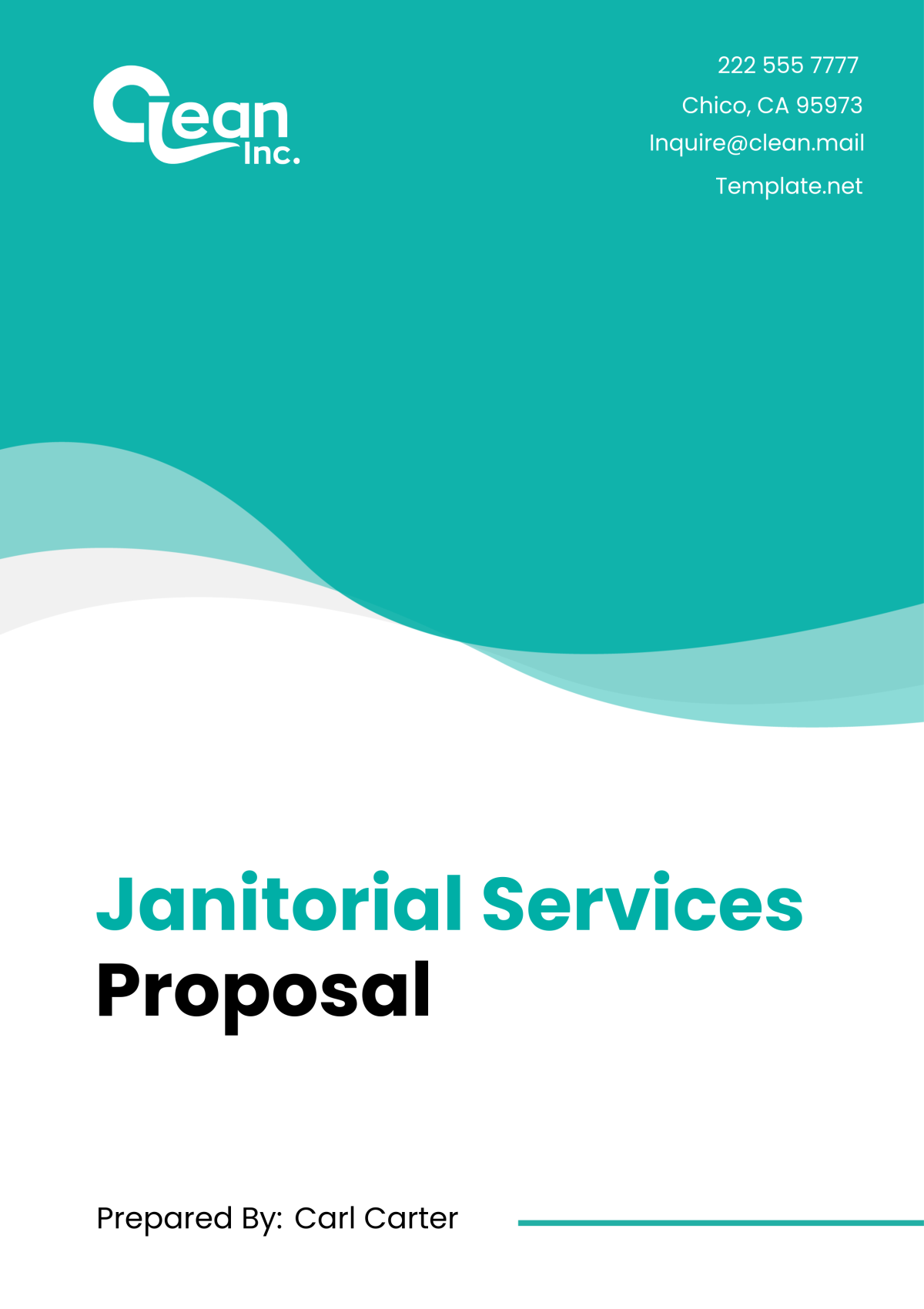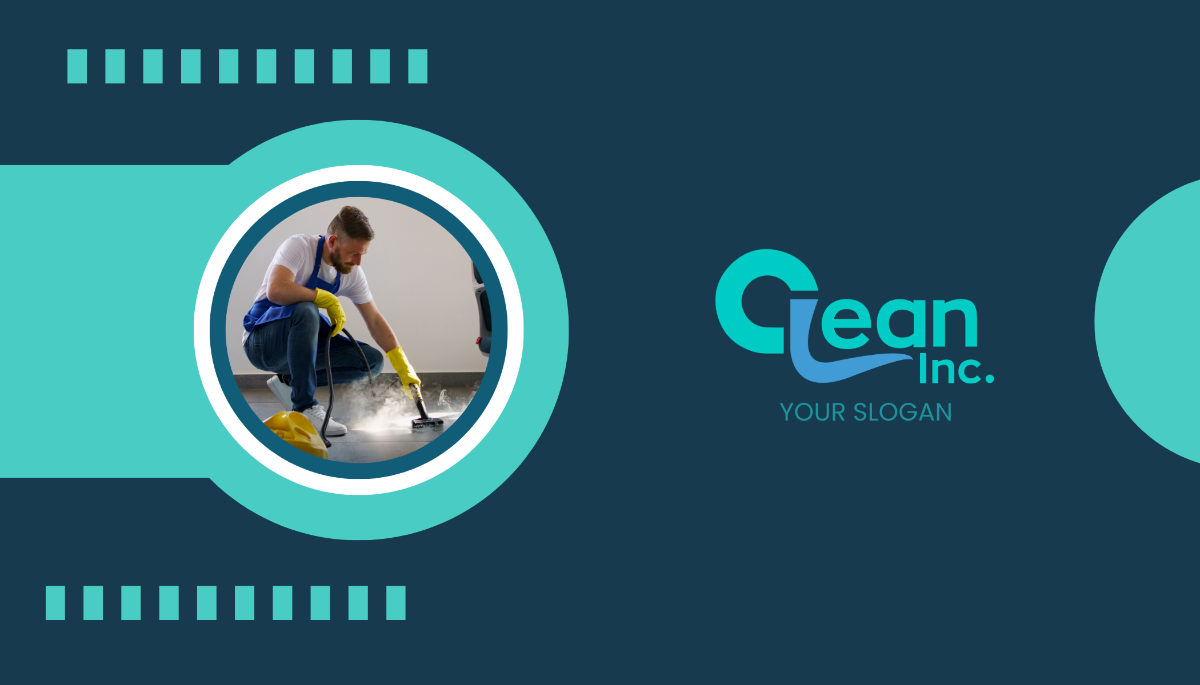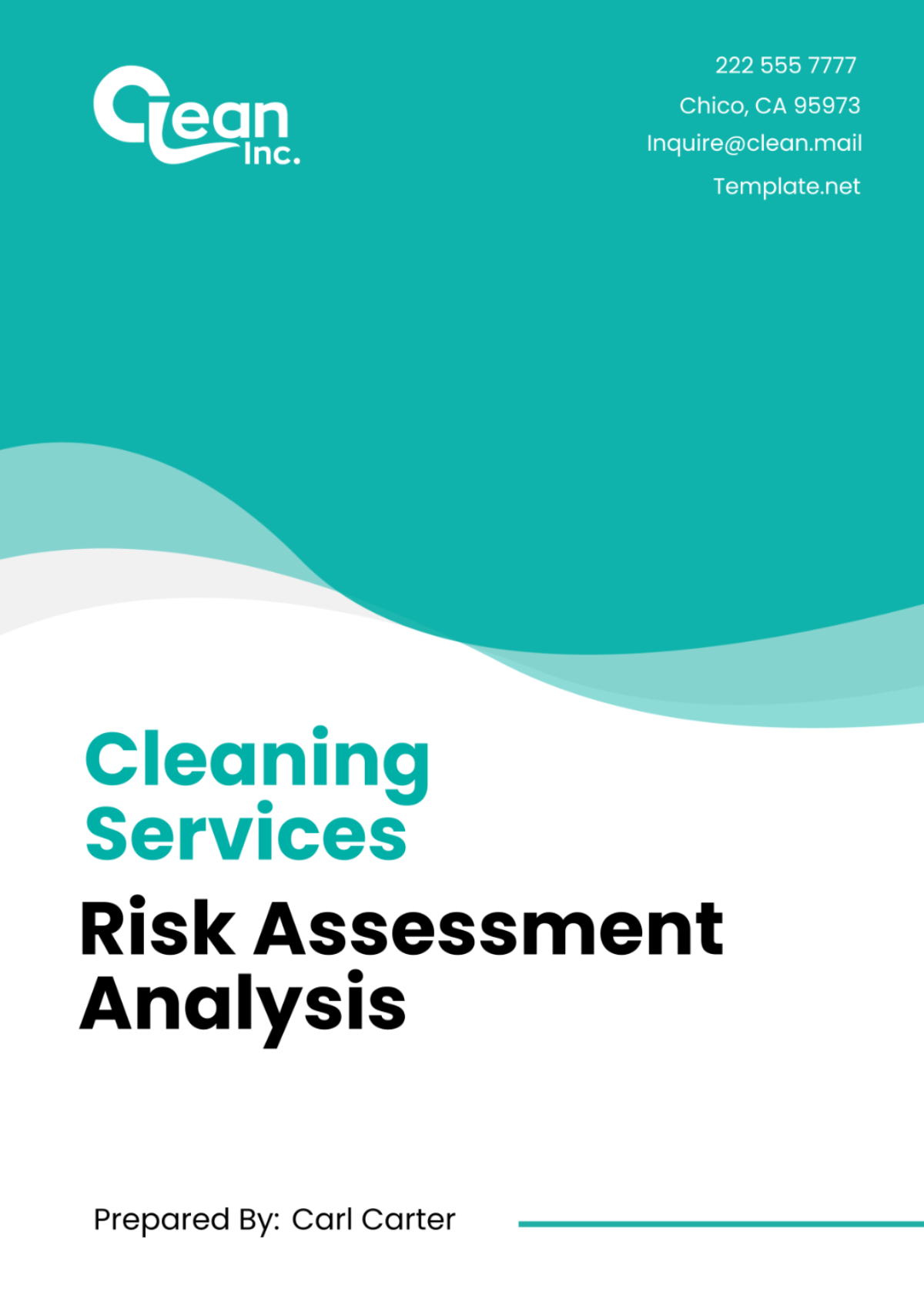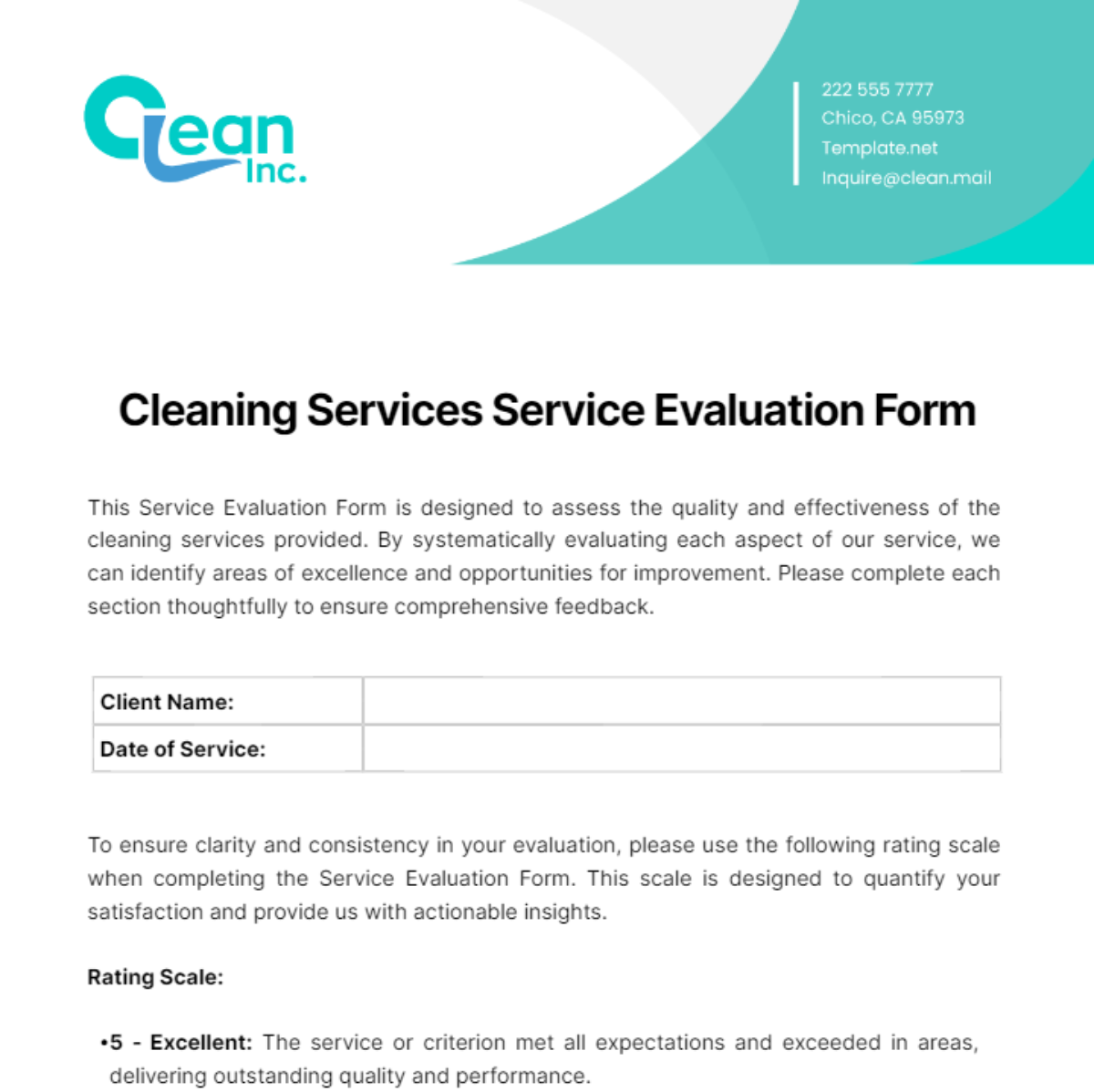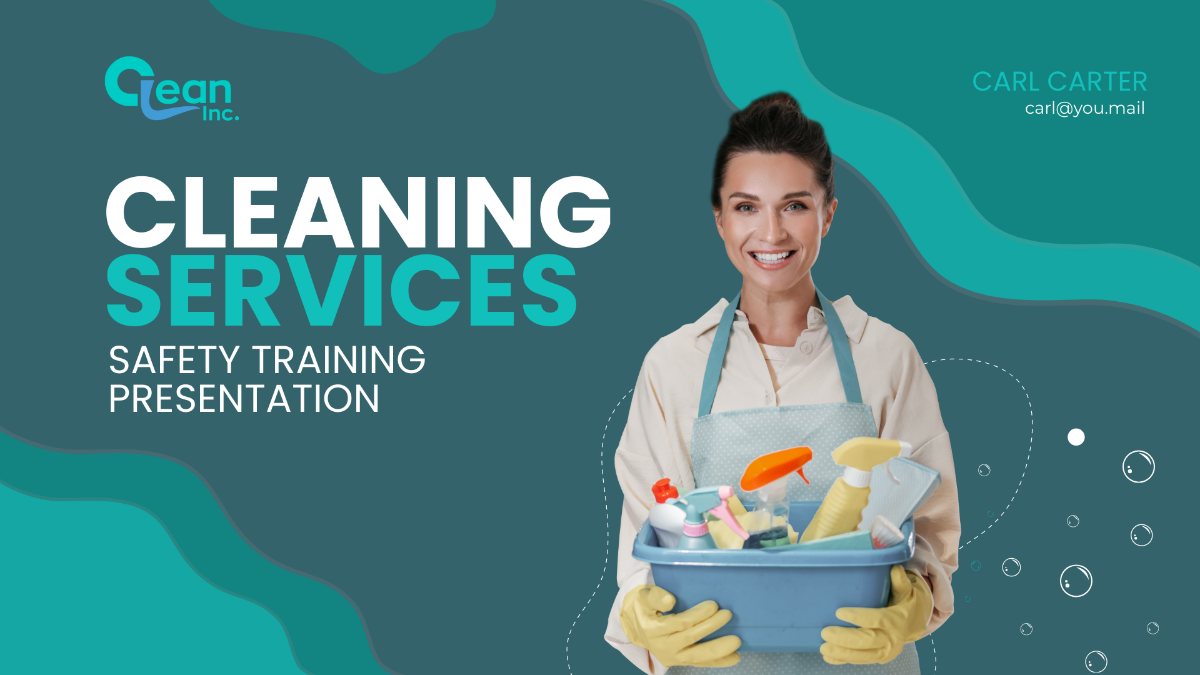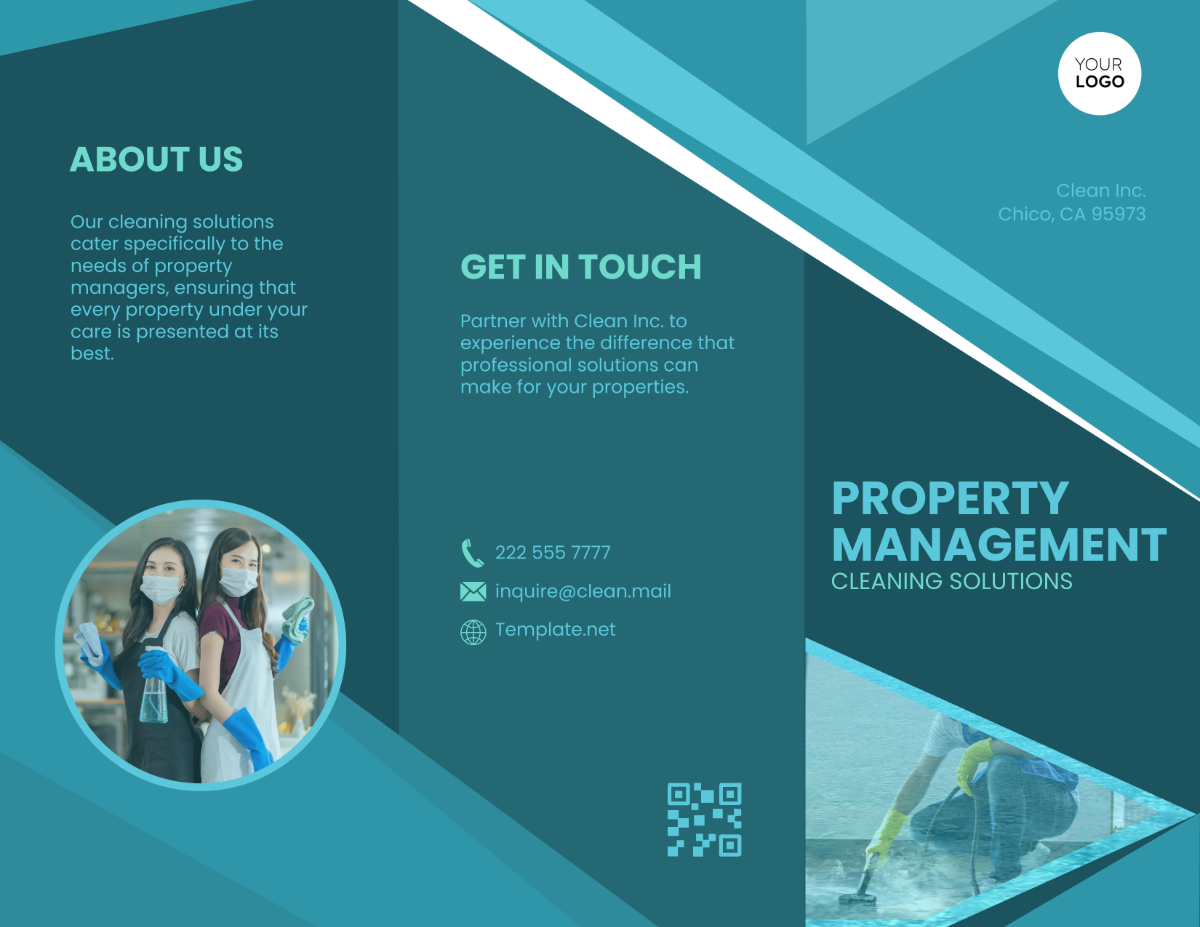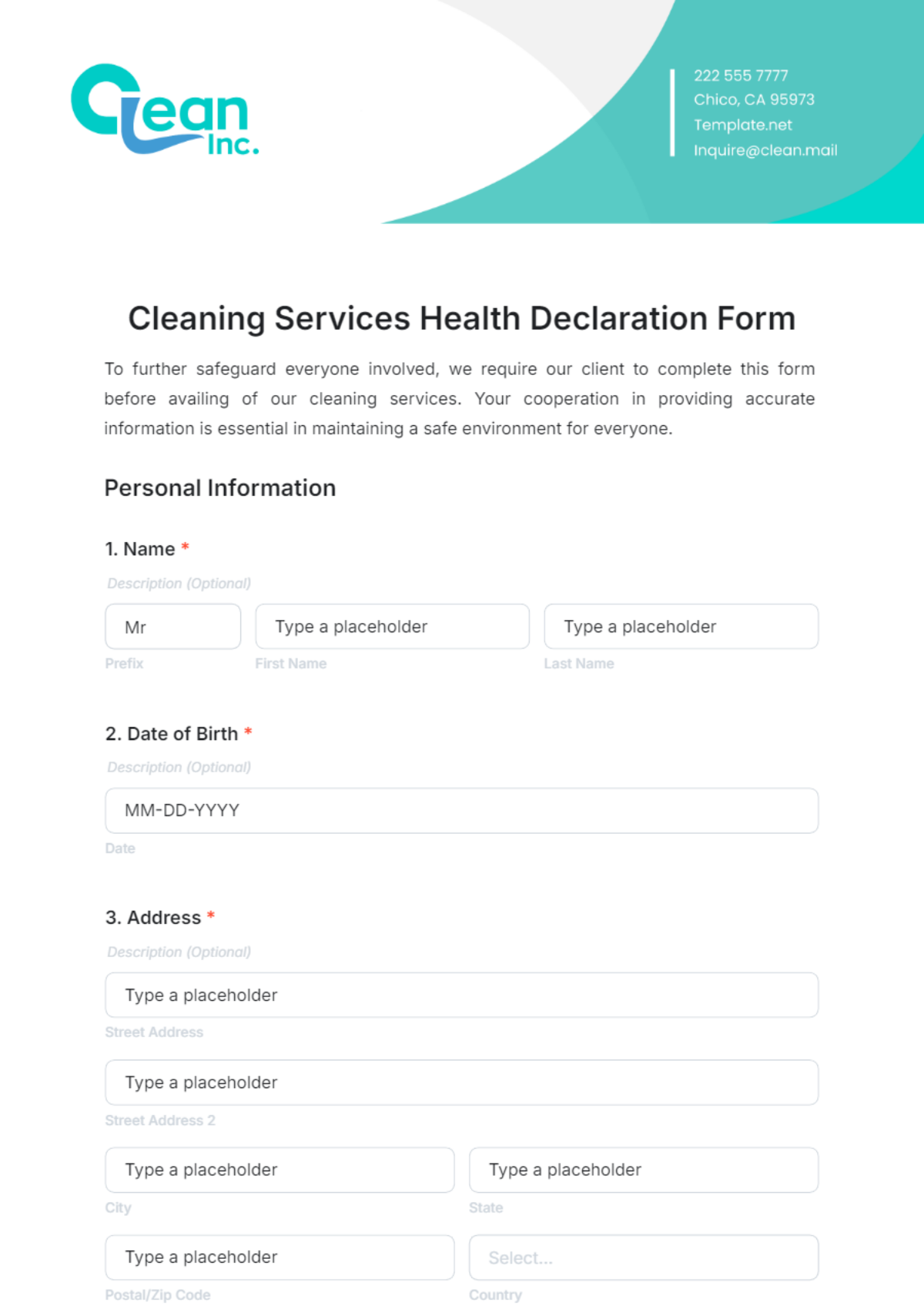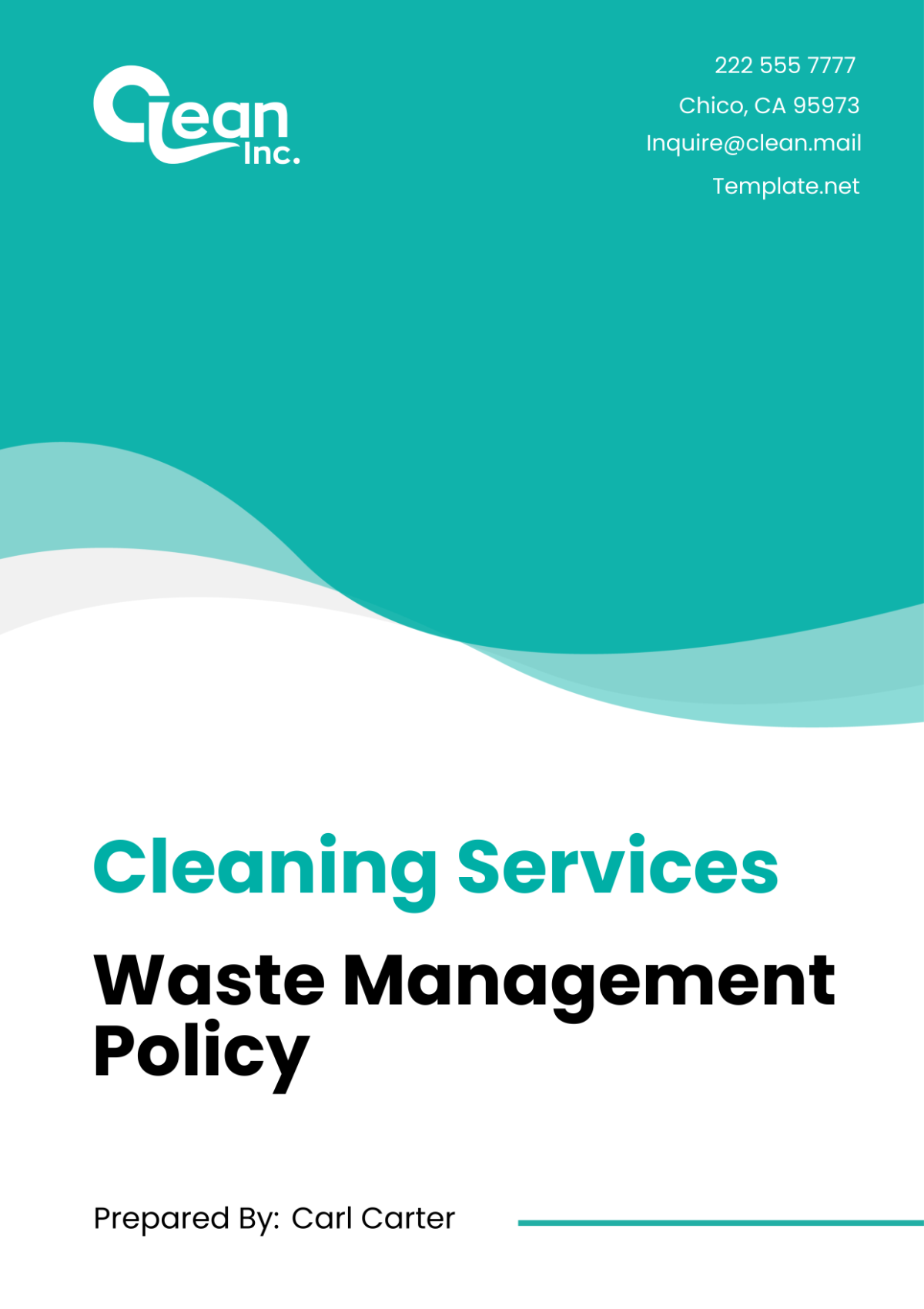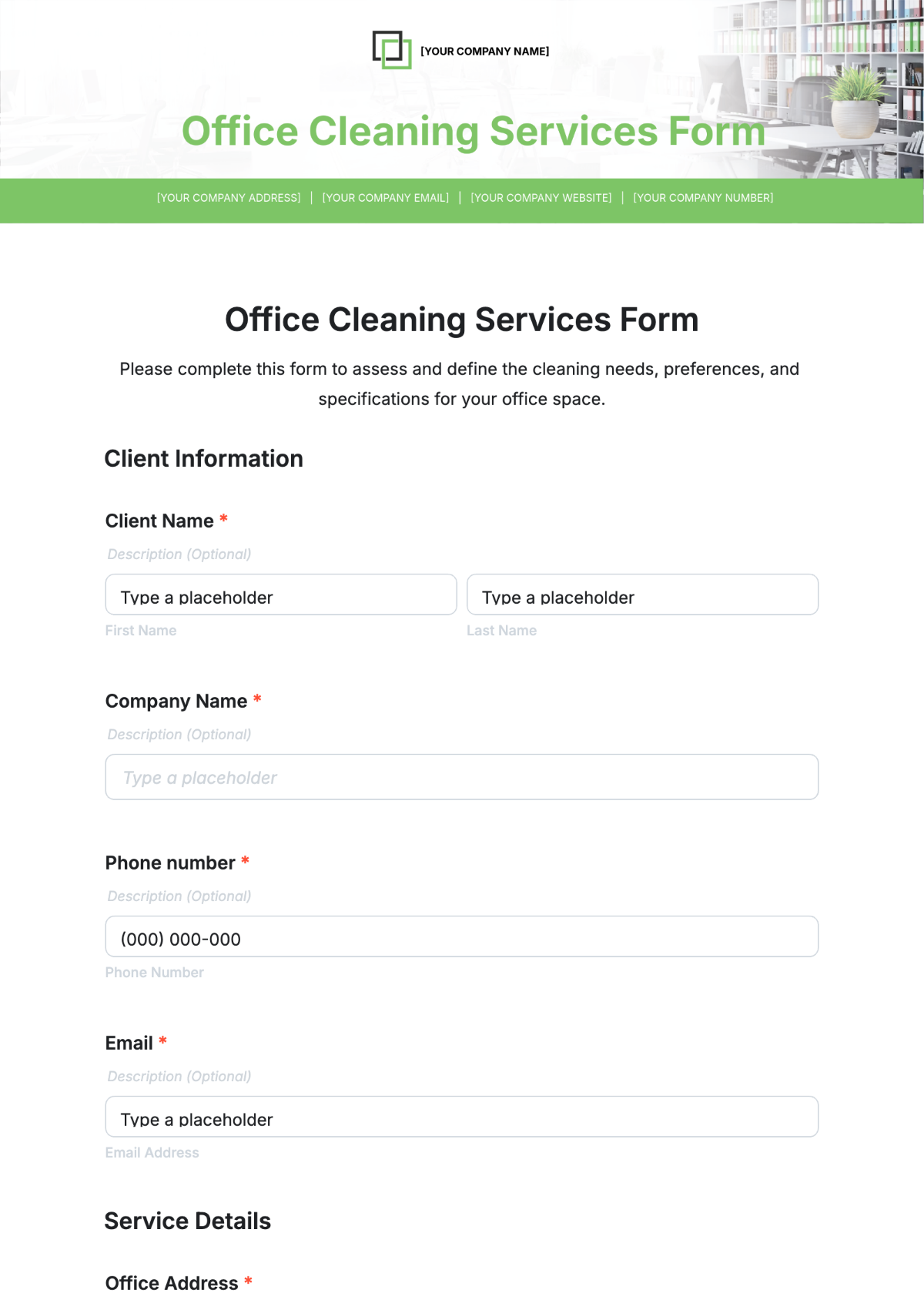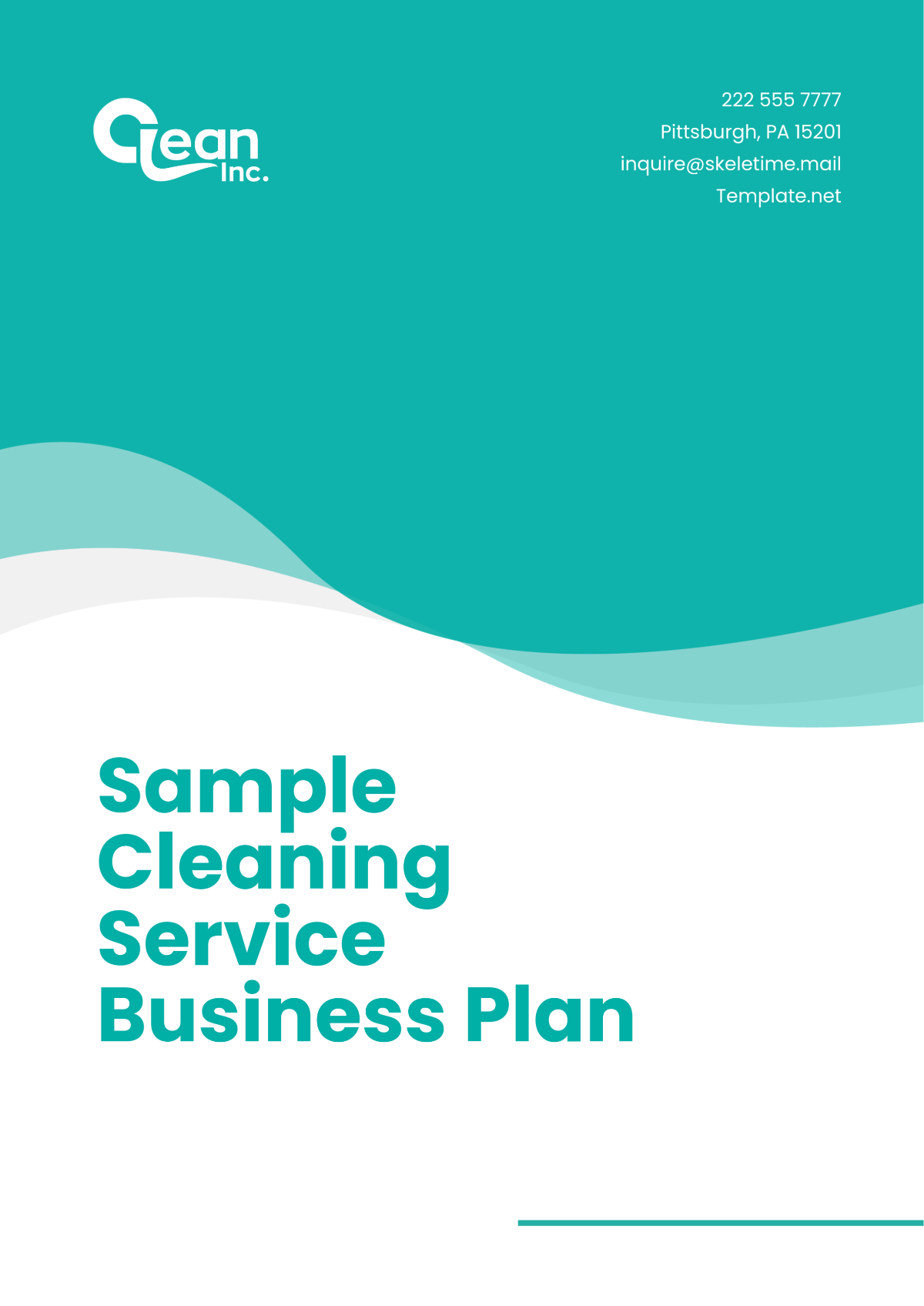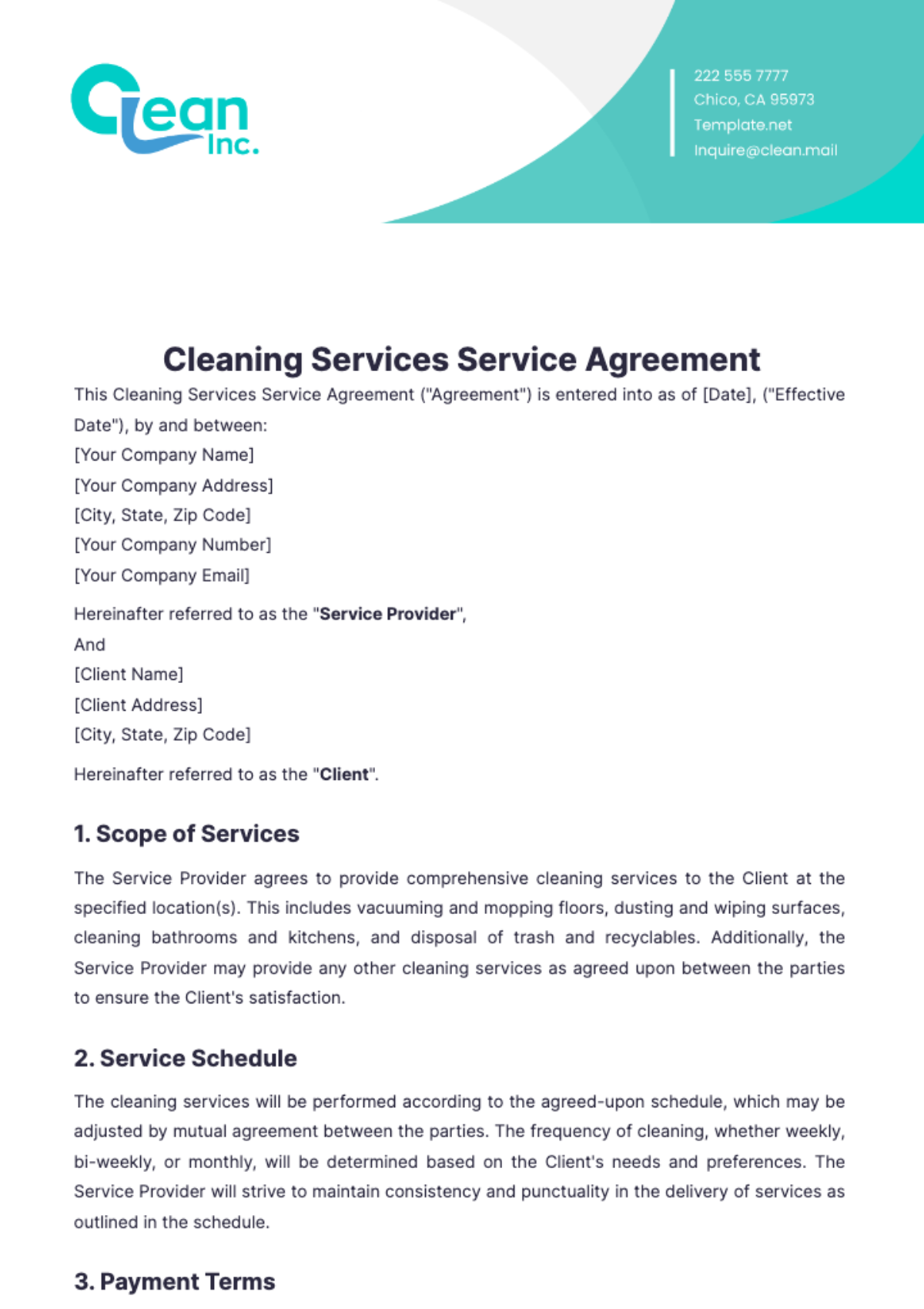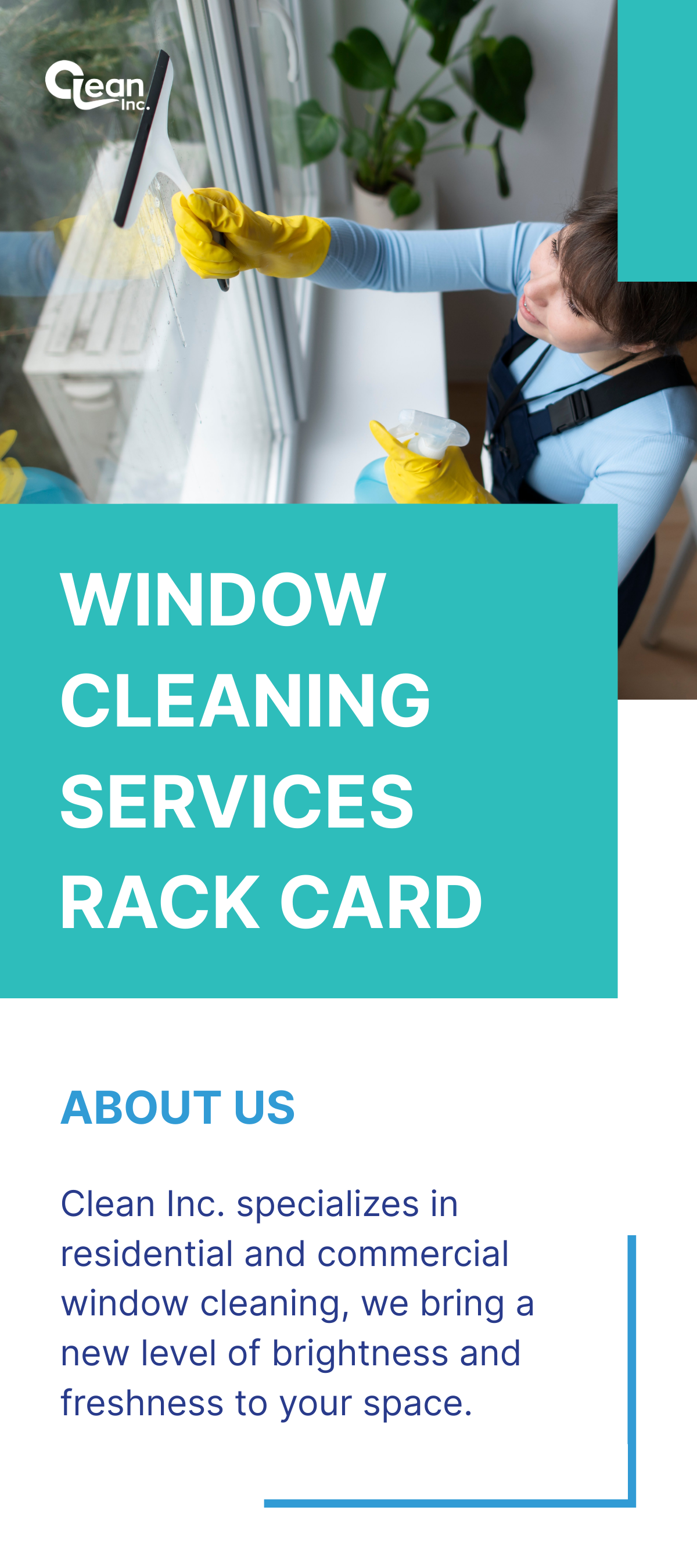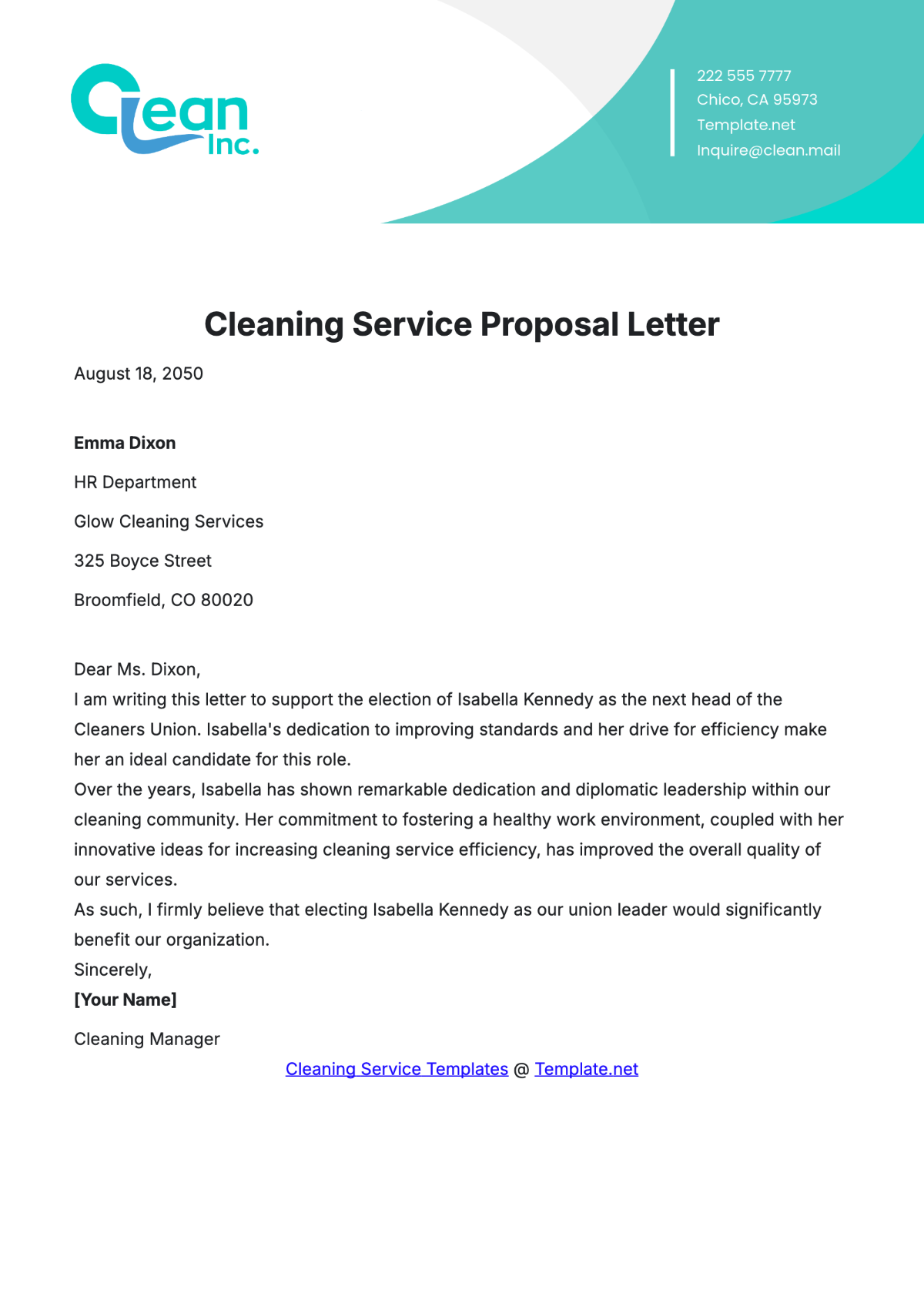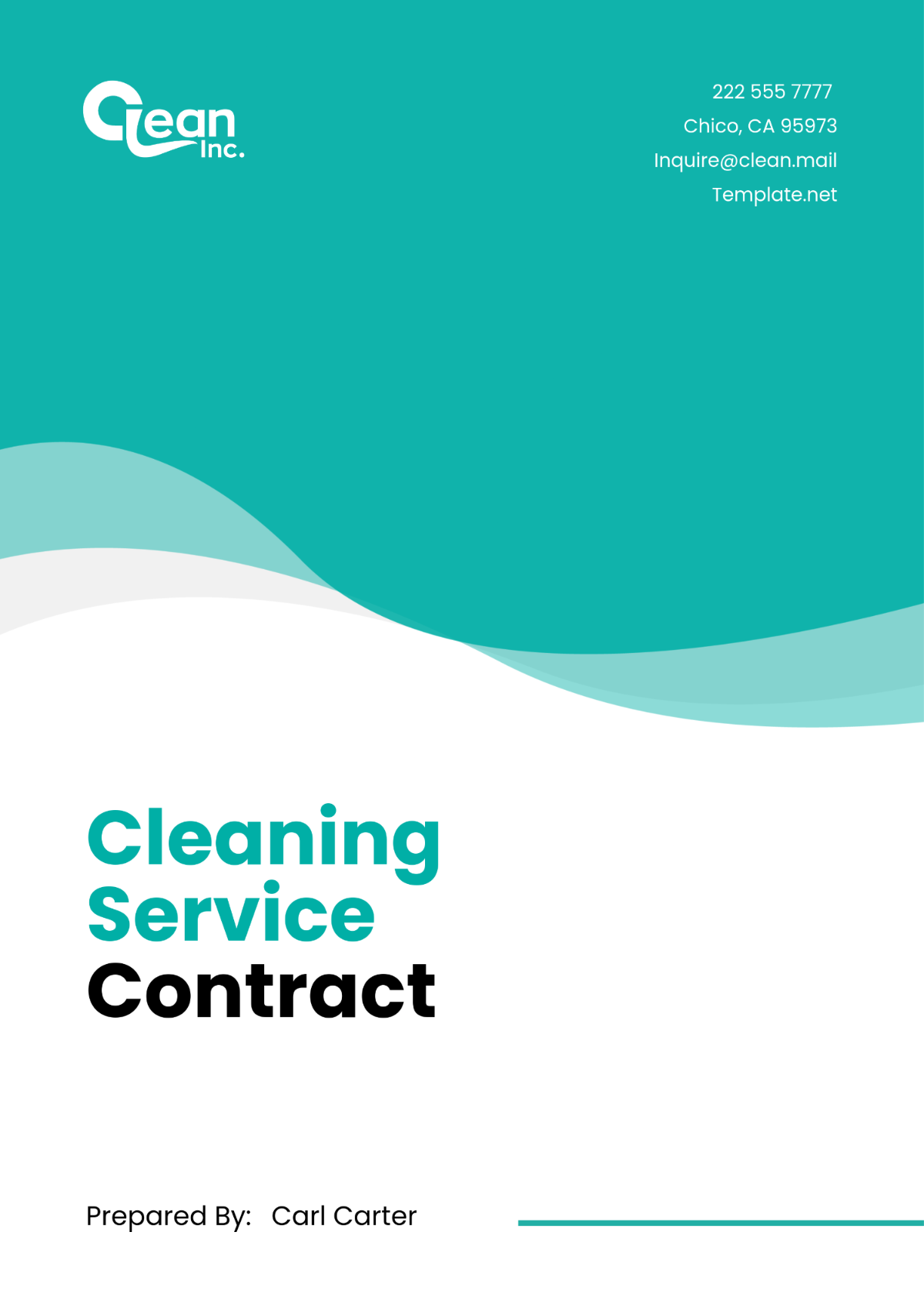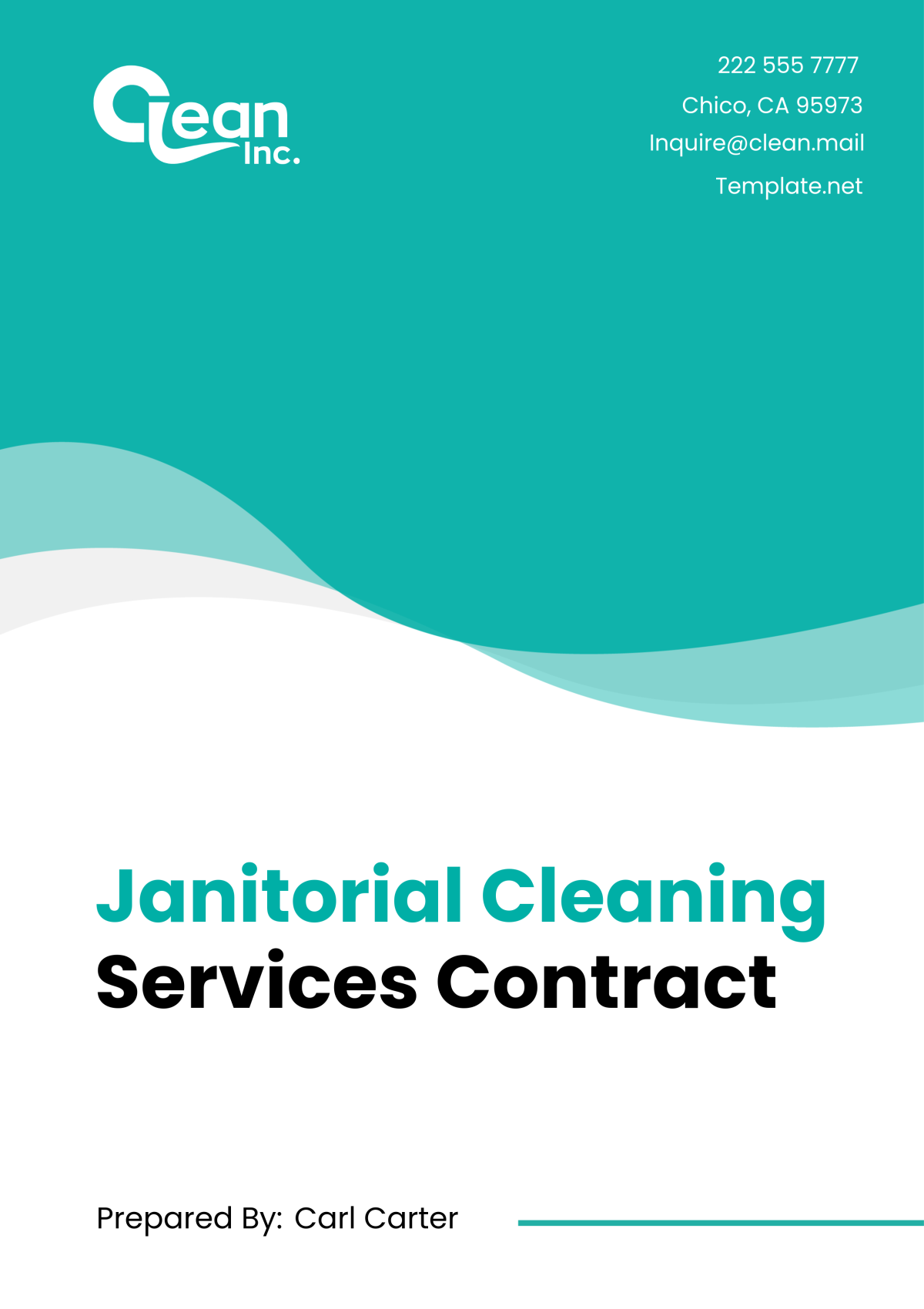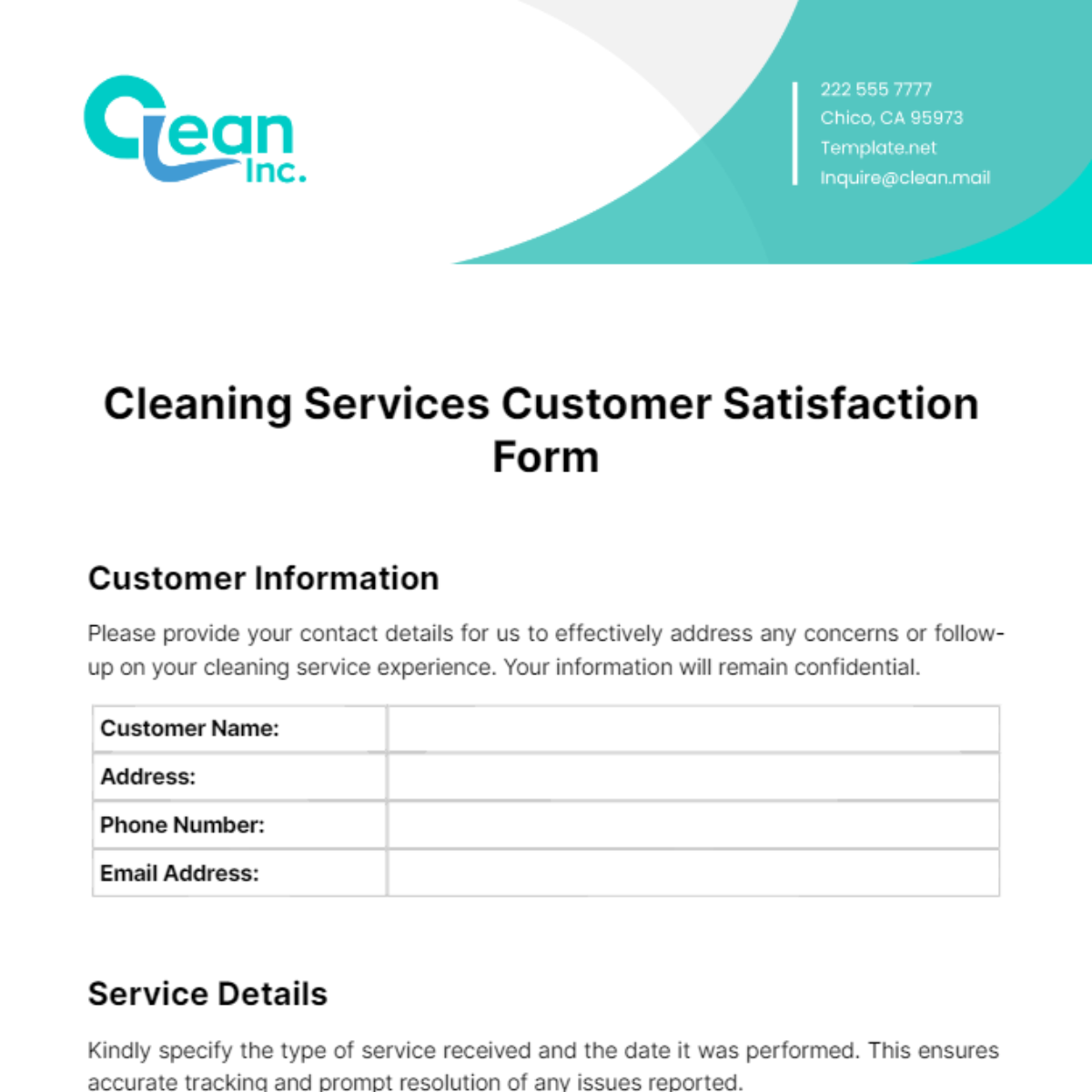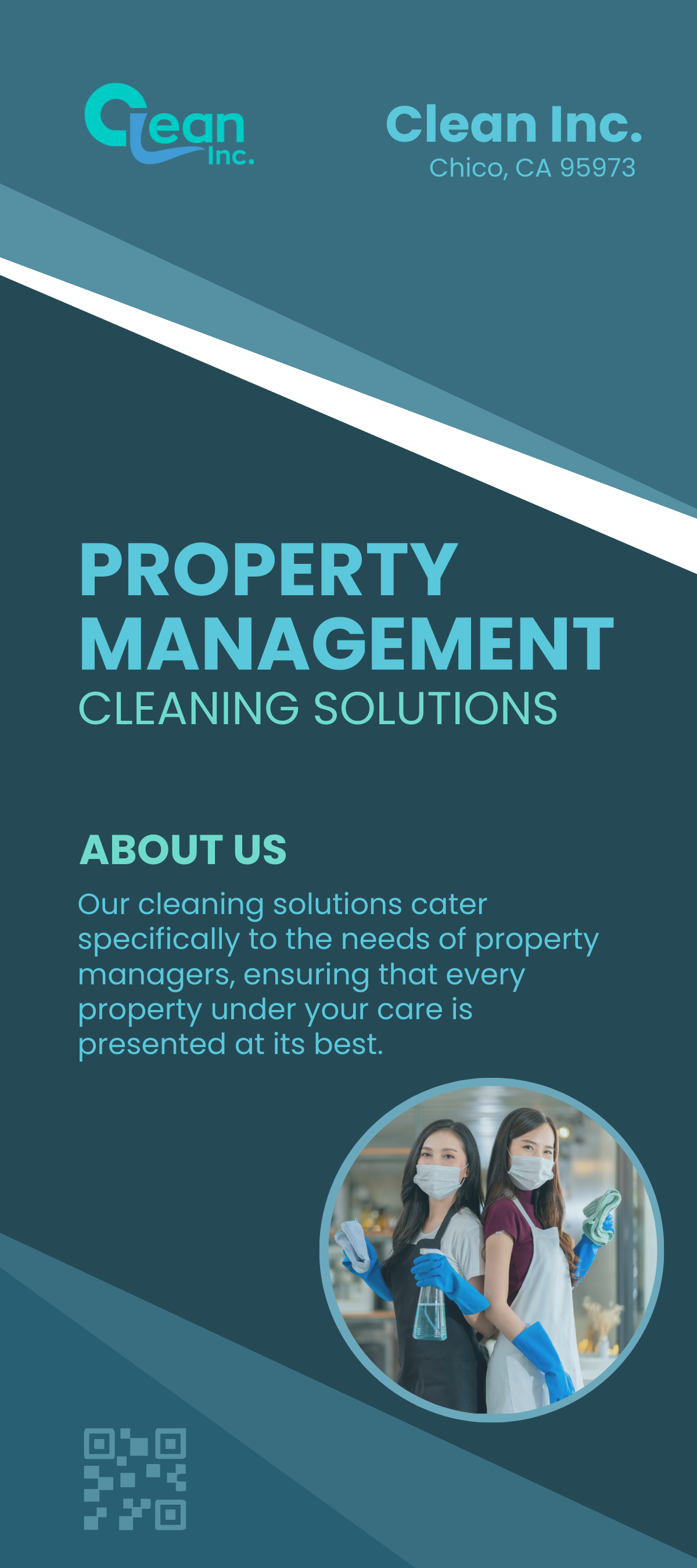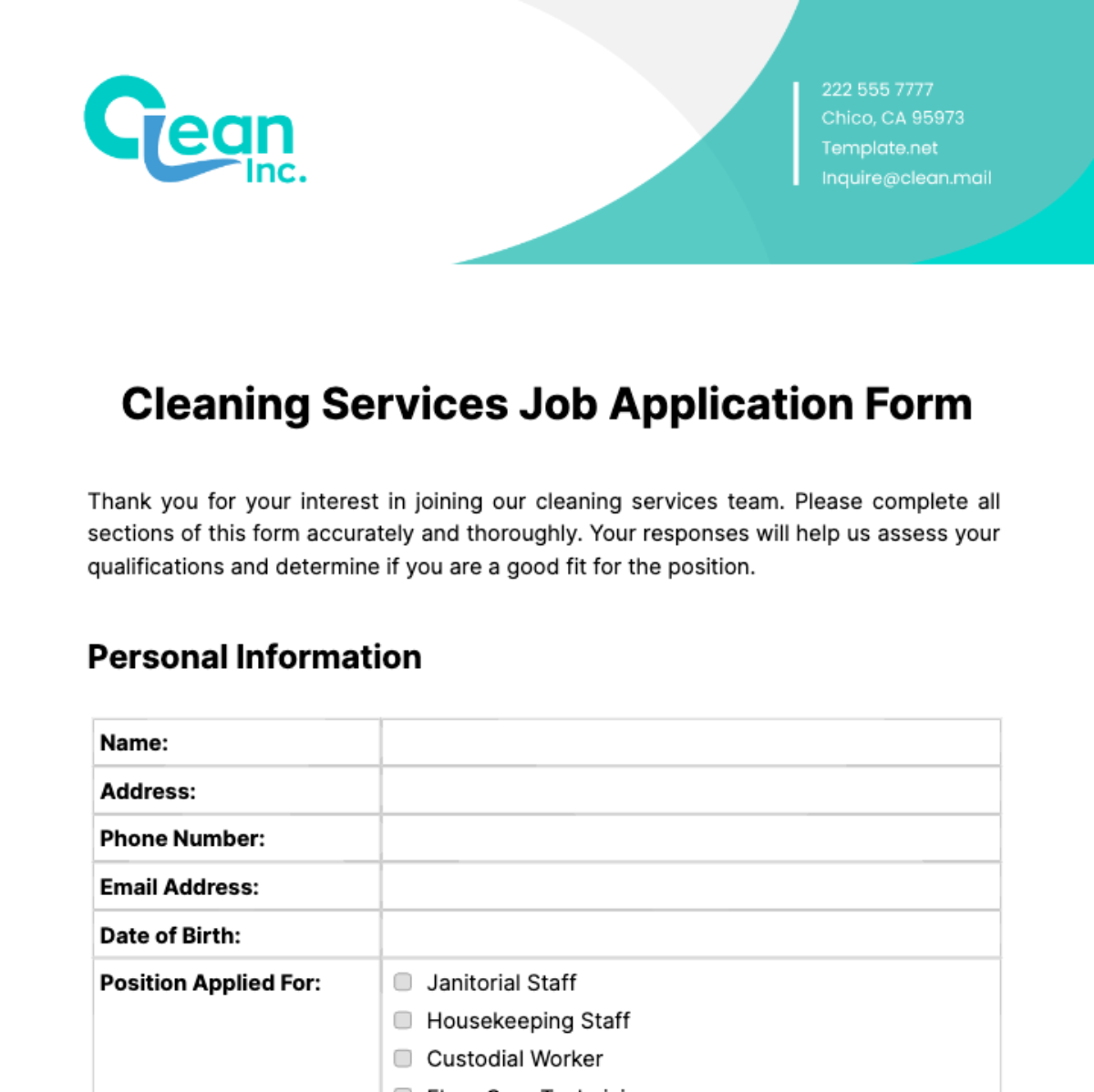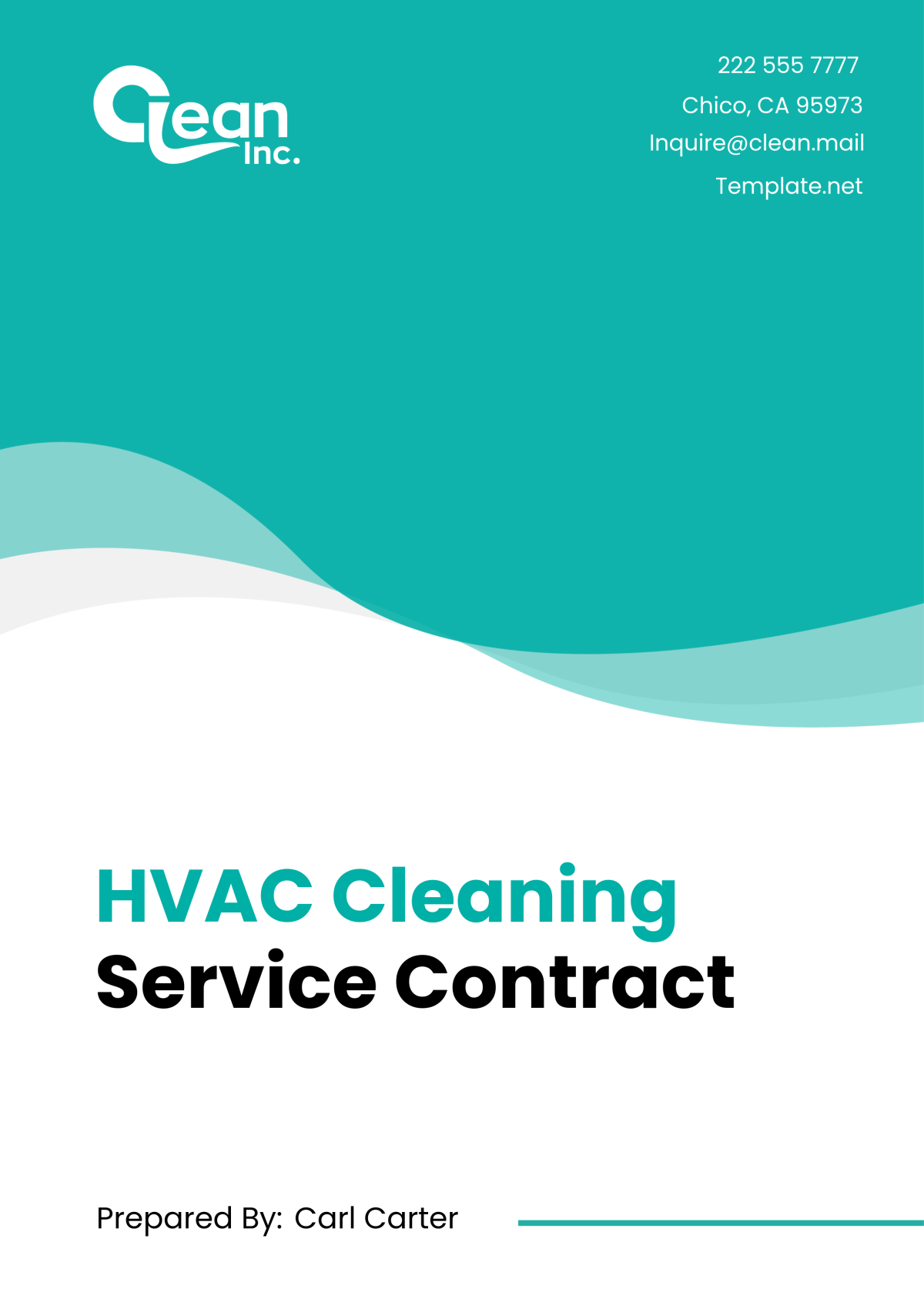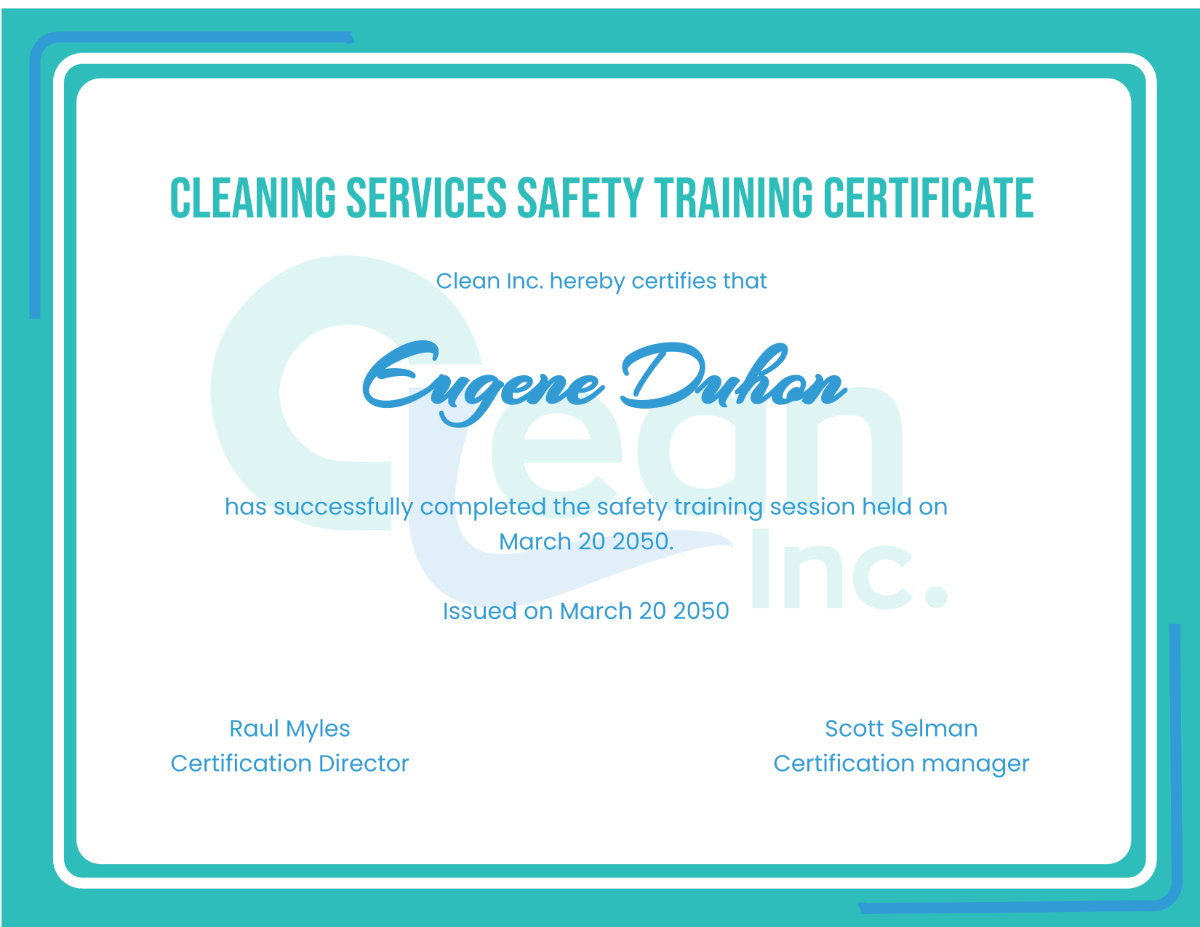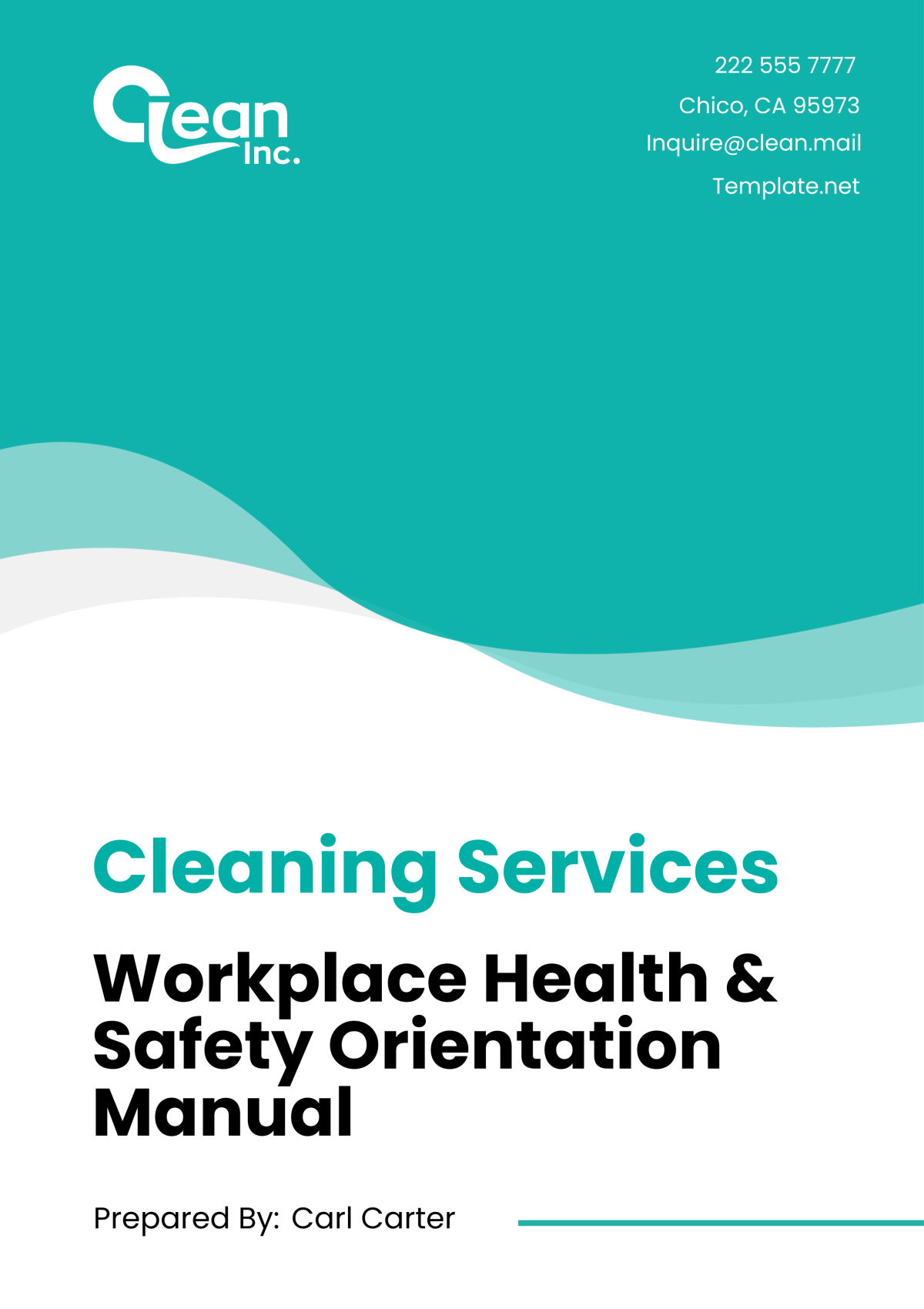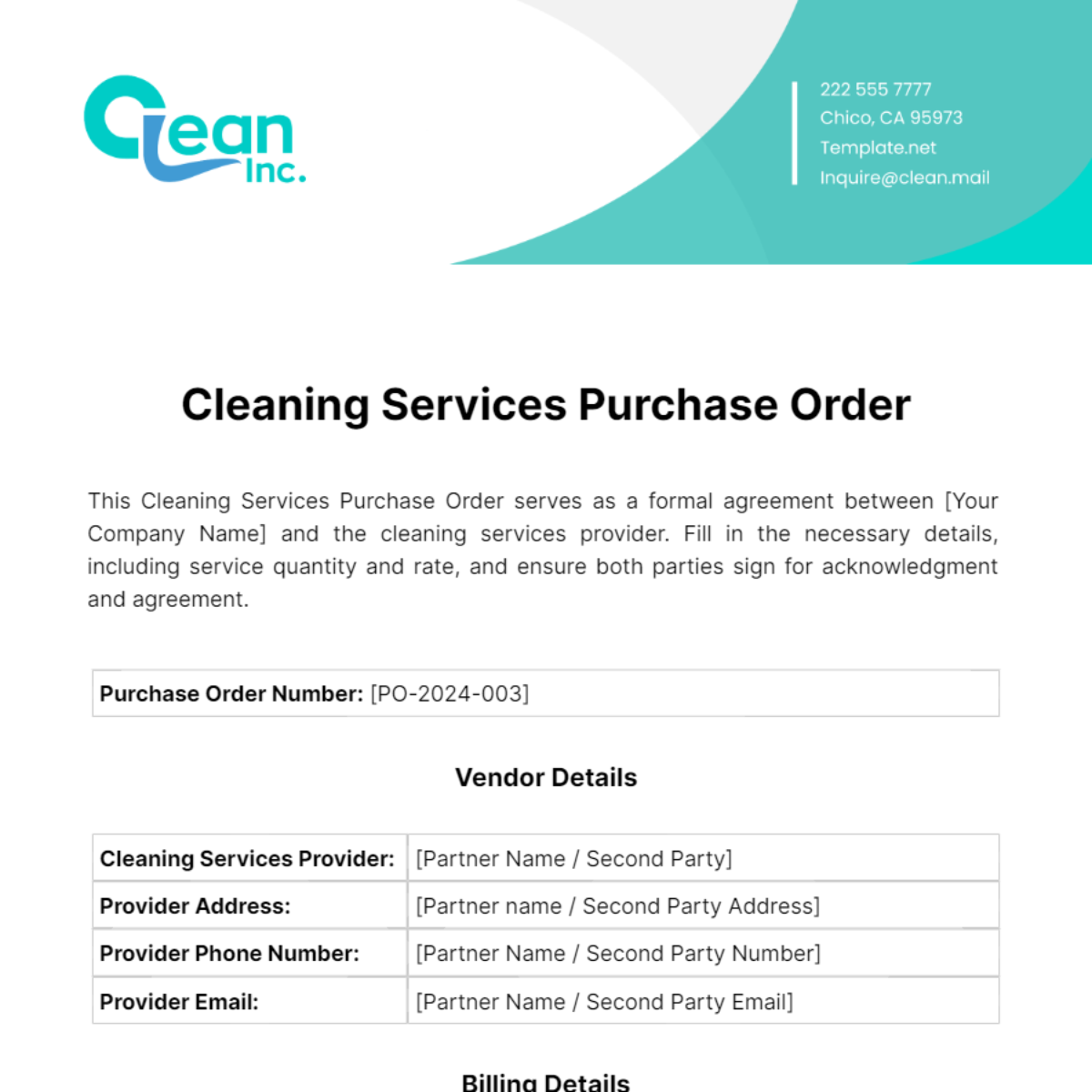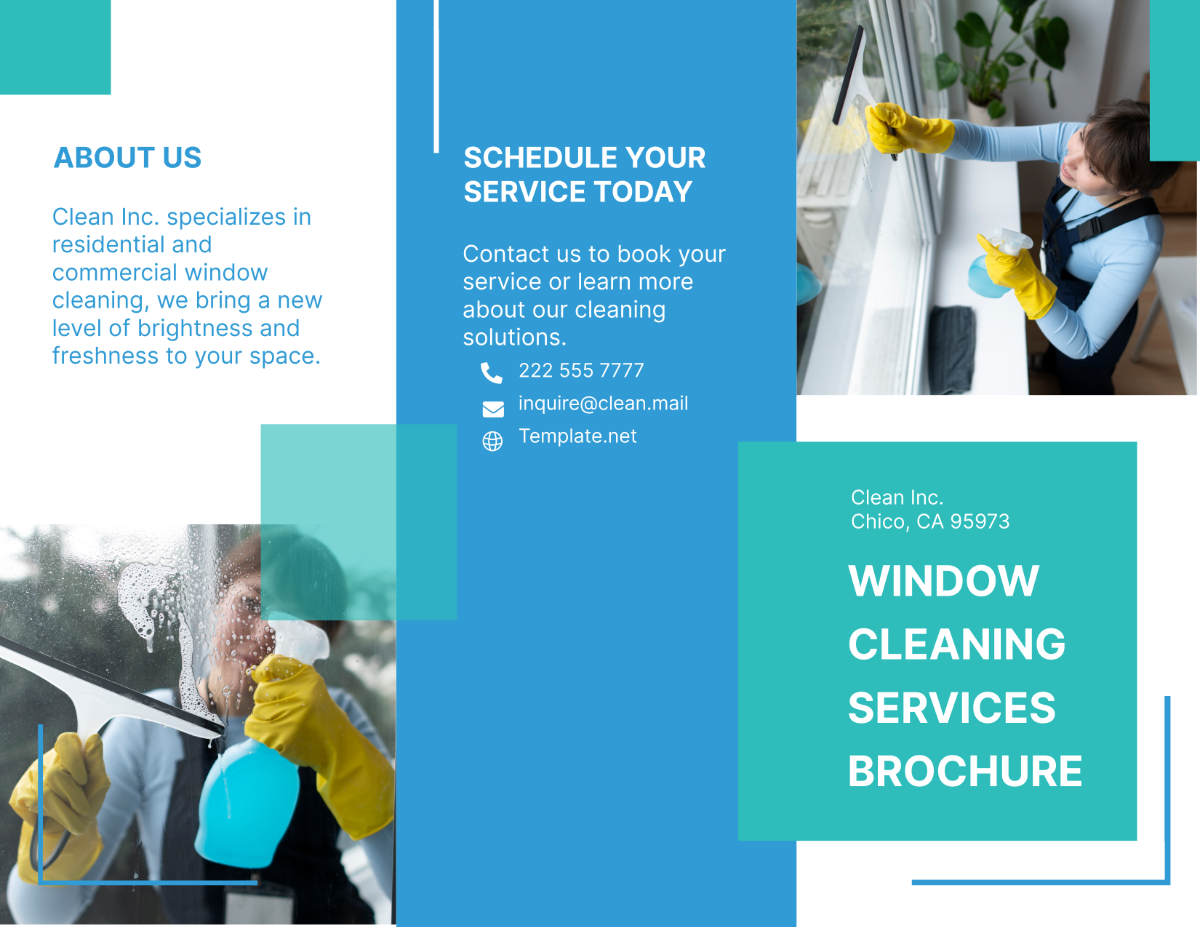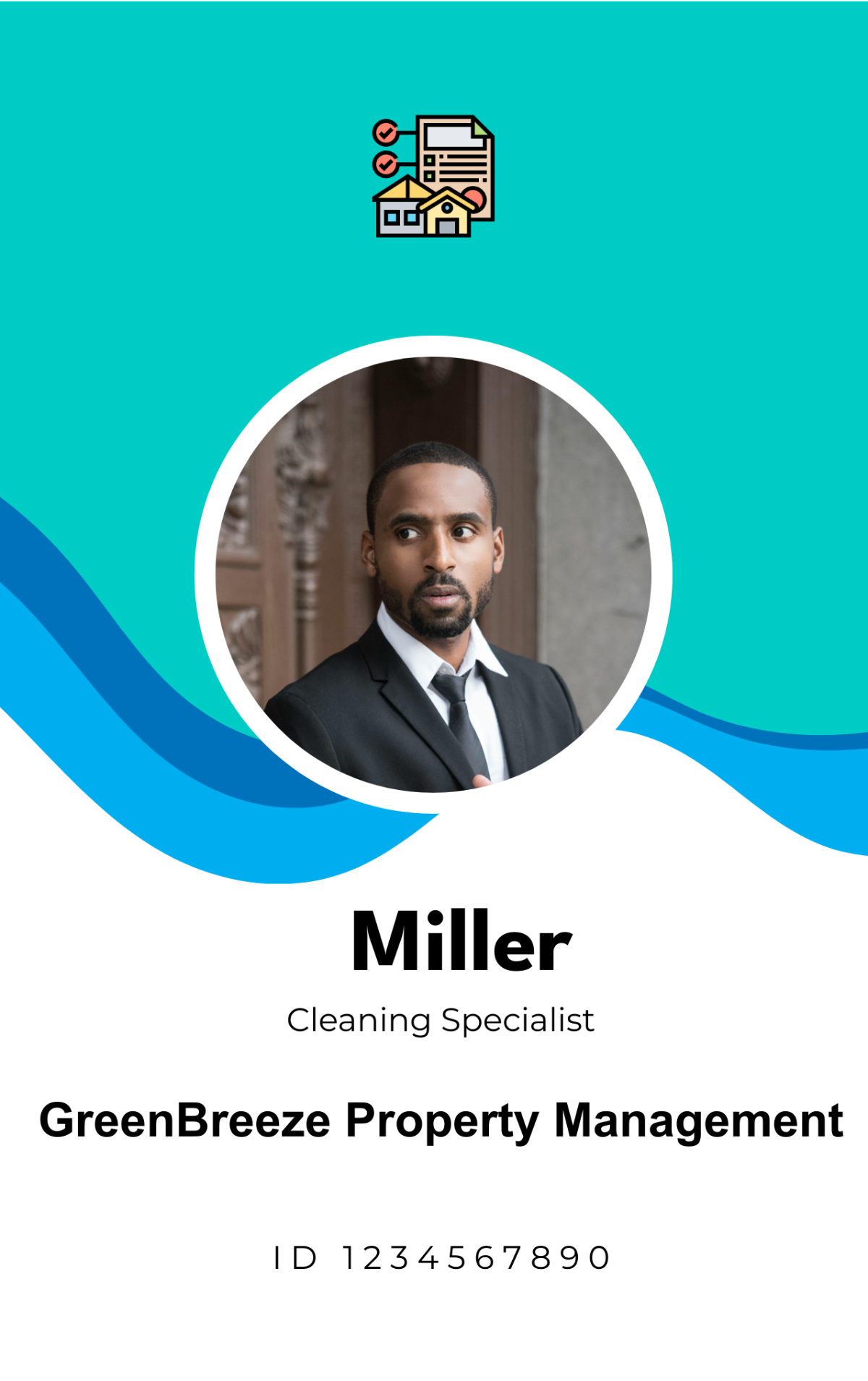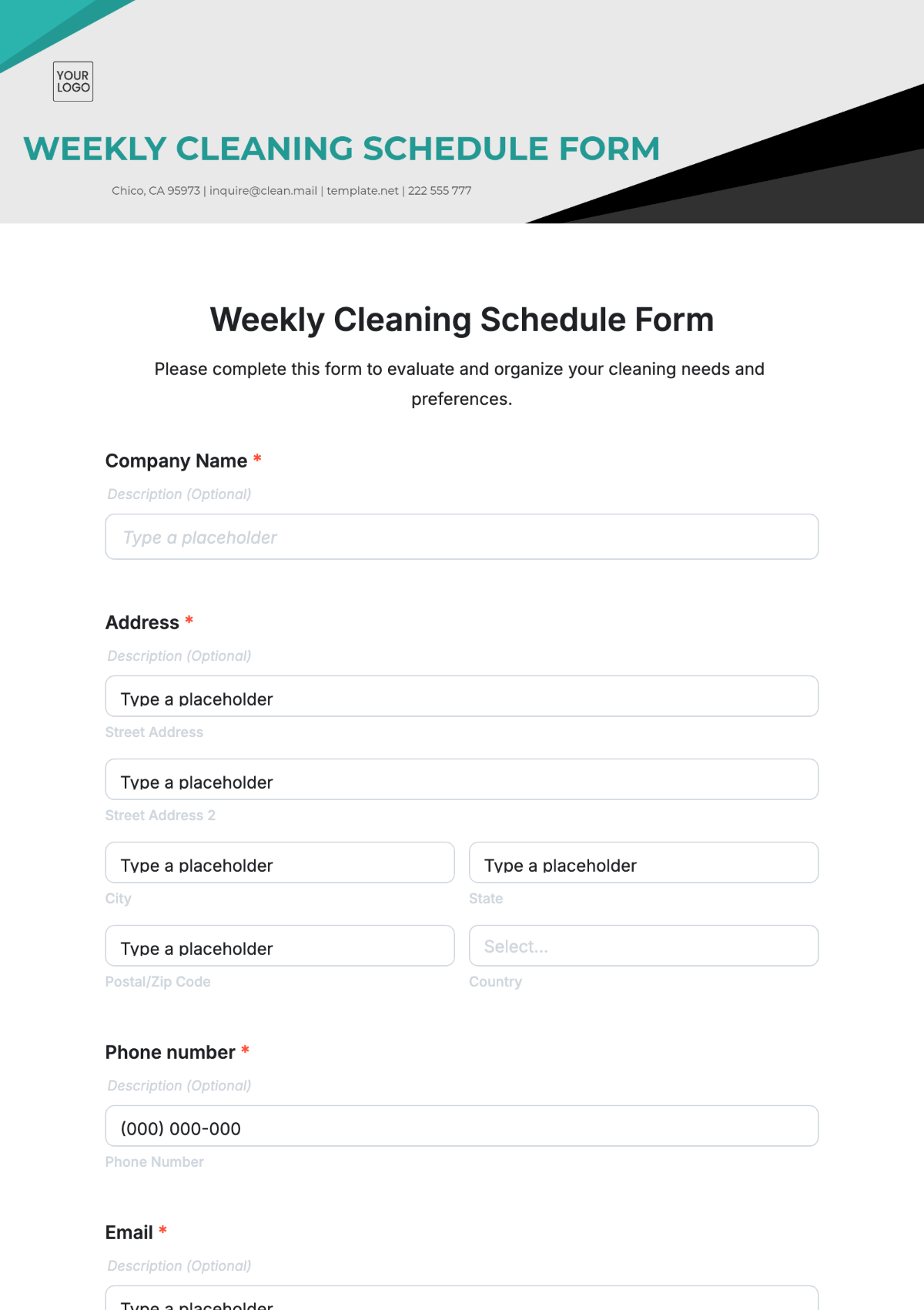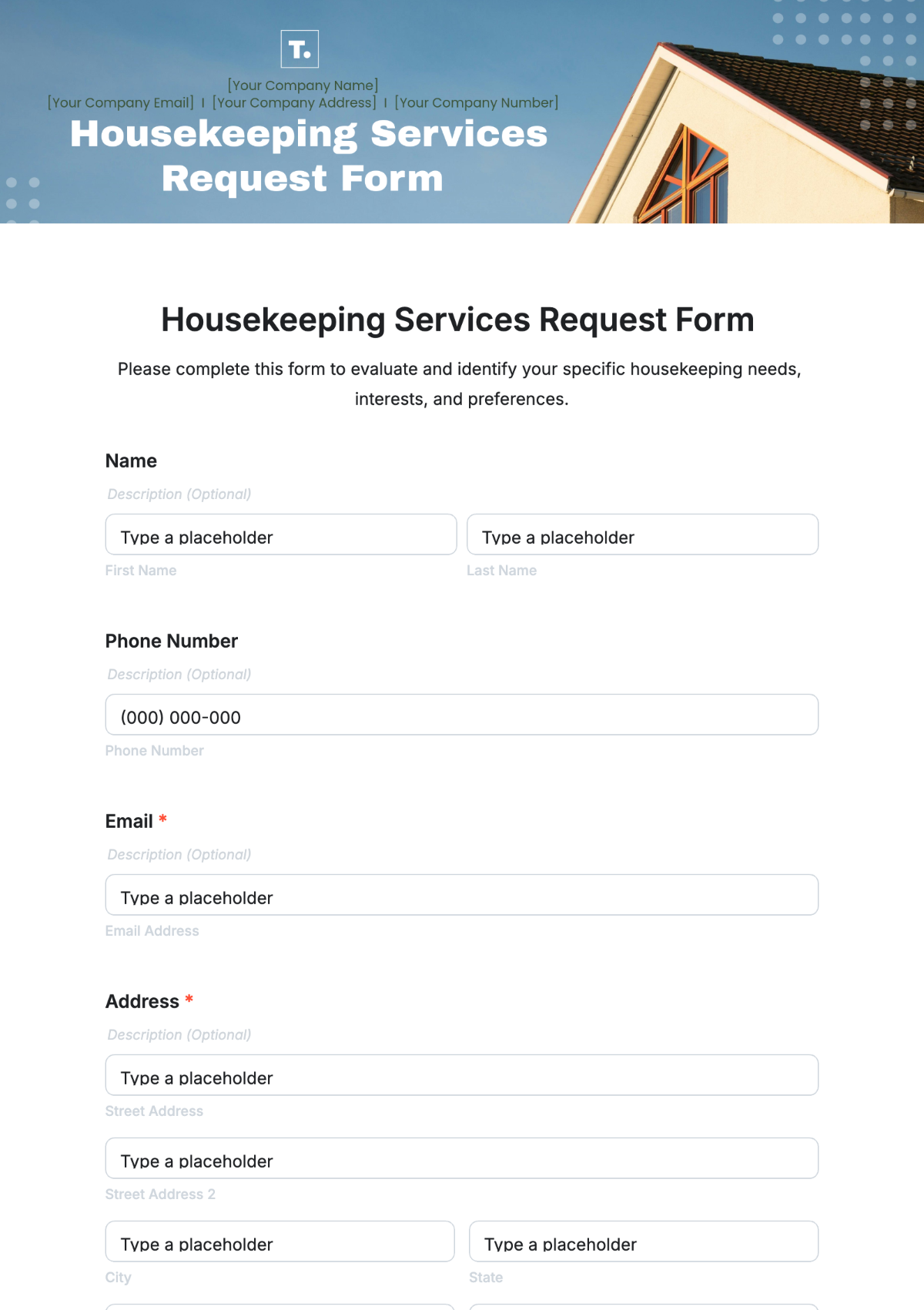Cleaning Services Operations Manager Training Guide
I. Understanding the Role
As a Cleaning Services Operations Manager, your responsibilities span various critical areas within our cleaning business. Let’s break down your role:
A. Personnel Management
Recruitment and Training
1.1. Oversee the recruitment process, ensuring we bring in skilled and motivated team members.
1.2. Provide comprehensive training to new hires, equipping them with essential skills for their roles.
Performance Evaluation
2.1. Regularly assess staff performance, identifying areas for improvement and recognizing achievements.
2.2. Motivate and guide team members toward operational excellence.
Conflict Resolution
3.1. Address personnel issues promptly and fairly.
3.2. Foster a positive work environment by resolving conflicts constructively.
B. Maintaining Cleaning Standards
Quality Assurance
1.1. Uphold quality standards for cleaning services.
1.2. Regularly assess work quality, adherence to protocols, and safety practices.
Corrective Actions
2.1. Implement corrective measures when standards are not met.
2.2. Ensure consistency in service delivery across all teams.
C. Client Satisfaction
Client Relationships
1.1. Prioritize client needs and satisfaction.
1.2. Address client feedback promptly and proactively.
Long-Term Partnerships
2.1. Foster lasting relationships by exceeding client expectations.
2.2. Demonstrate commitment to service excellence.
II. Personal and Professional Skills
As an Operations Manager in the cleaning services industry, mastering a range of personal and professional skills is essential for success. Let’s explore these skills:
Skill | Description |
|---|---|
Leadership | Effective leadership ensures team cohesion, productivity, and a positive work environment. |
Critical Thinking | Analytical thinking allows for quick problem-solving and adaptability in dynamic situations. |
Communication | Clear communication fosters trust, resolves conflicts, and ensures alignment with goals. |
Problem Solving | Swift issue resolution maintains operational efficiency and client satisfaction. |
Time Management | Efficient scheduling maximizes productivity and meets deadlines. |
A. Leadership
Effective leadership involves guiding and motivating the cleaning staff. It’s not just about authority; it’s about inspiring others to achieve collective goals. Cohesive teams thrive under strong leadership, leading to better performance and job satisfaction.
B. Critical Thinking
Analyzing complex situations promptly allows you to make informed decisions. It’s about assessing options, anticipating consequences, and choosing the best course of action. Adaptability is a key outcome of critical thinking—essential in an ever-evolving industry like cleaning services.
C. Communication
Clear communication bridges gaps between staff and clients. Active listening and addressing concerns build trust. Effective communication minimizes misunderstandings, reduces conflicts, and ensures everyone is on the same page.
D. Problem Solving
Addressing issues swiftly and professionally prevents operational disruptions. It’s about finding practical solutions while maintaining service quality. Problem-solving skills enhance your ability to handle unexpected challenges and maintain client satisfaction.
E. Time Management
Efficiently scheduling tasks benefits both you and the team. It ensures deadlines are met and prevents burnout. Effective time management reflects organizational discipline and commitment to excellence.
Mastering these skills isn’t just about individual competence; it impacts the entire organization. As a Cleaning Services Operations Manager, your ability to lead, think critically, communicate effectively, solve problems, and manage time directly influences service quality, client satisfaction, and overall success.
III. Using Operational Tools and Equipment
As a Cleaning Services Operations Manager, your proficiency with the tools and equipment used in cleaning tasks is paramount. Let’s delve into the essentials:
A. Familiarizing with Tools
Automatic Scrubbers: These machines combine scrubbing and drying functions, efficiently cleaning large floor areas. Ideal for maintaining cleanliness in commercial spaces.
Vacuum Cleaners: Choose from upright, canister, or backpack models based on specific needs. Essential for daily maintenance, removing debris and maintaining hygiene.
B. Equipment
Carpet Extractors: Specifically designed for deep cleaning carpets, removing dirt, stains, and allergens effectively. Regular use ensures high-quality carpet maintenance.
Pressure Washers: Use them for sidewalks, building exteriors, and parking lots. High-pressure water jets for thorough cleaning and stain removal.
Sweepers: Manual or motorized options. Efficiently remove debris from various surfaces, maintaining cleanliness.
IV. Managing Staff
Effective staff management ensures operational success. Here’s how to lead your cleaning team:
A. Communication and Motivation
Clear Communication
1.1. Regularly communicate expectations, goals, and updates.
1.2. Foster an open-door policy for staff to share concerns and ideas.
Motivation and Collective Goals
2.1. Inspire your team by emphasizing the bigger picture.
2.2. Align individual tasks with organizational objectives for a sense of purpose.
B. Issue Resolution
Prompt Action
1.1. Address staff issues promptly, whether related to performance, conflicts, or well-being.
1.2. Fairness and empathy are essential for maintaining morale.
Task Distribution
2.1. Ensure fair allocation of tasks among staff.
2.2. Balance workloads to prevent burnout and maintain productivity.
Feedback Culture
3.1. Offer constructive criticism when needed.
3.2. Recognize and praise exceptional efforts to boost motivation.
V. Ensuring Client Satisfaction
Our success hinges on satisfied clients. Here’s how we achieve it:
A. Service Excellence
High-Quality Services: Strive for excellence in every task. Uphold cleaning standards rigorously.
Professional Communication: Interact with clients politely and professionally. Address their needs promptly and courteously.
B. Commitment Fulfillment
Reliability: Keep promises made to clients. Fulfill commitments consistently to build trust.
Swift Issue Resolution: Address client complaints promptly and effectively. Turn challenges into opportunities for improvement.
Feedback Loop: Regularly seek input from clients. Use their feedback to enhance service quality and exceed expectations.
Prepared by:
[Your Name]
[Your Email]

